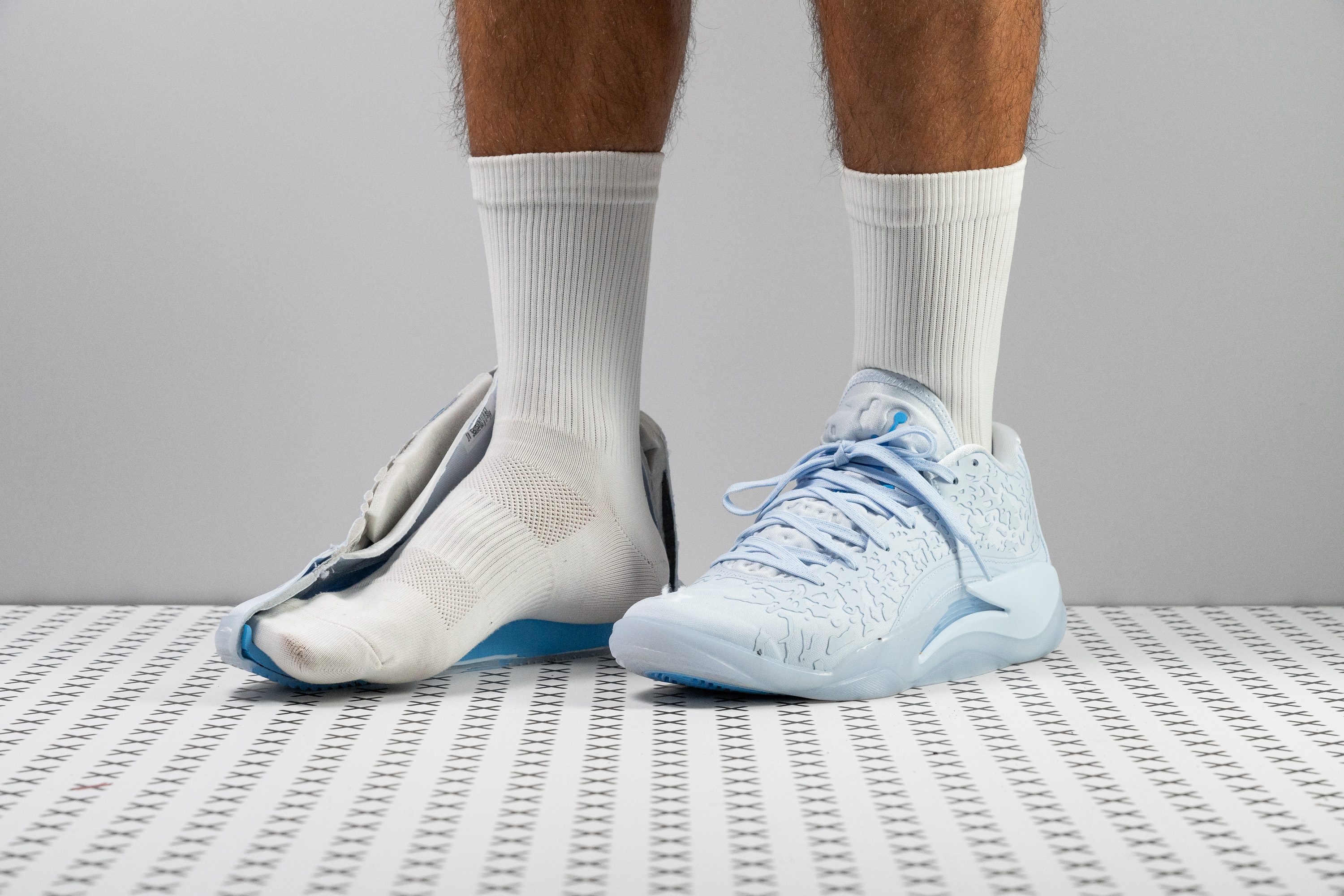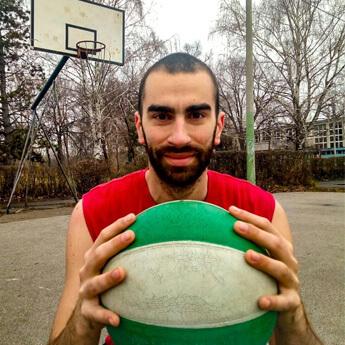Our verdict
Pros
- Pretty good traction on any court
- Very reinforced and durable upper
- Formula 23 foam with some bounce
- Wonderful side-to-side stability
- Snug fit with padded interiors
- Very comfortable
- Incredible lockdown feel
- Smooth and easy transitions
- Great ankle support
Cons
- Not for wide feet
- No toedrag protection
- Upper doesn't give in
Audience verdict
Comparison
The most similar basketball shoes compared
+ + Add a shoe | |||||
|---|---|---|---|---|---|
| Audience score | 67 Bad! | 80 Decent! | 89 Great! | 87 Great! | |
| Price | £140 | £140 | £180 | £135 | |
| Signature | Zion Williamson | Zion Williamson | Michael Jordan | Devin Booker | |
| Shock absorption | - | High | High | Moderate | |
| Energy return | - | High | High | Low | |
| Traction | - | Moderate | Moderate | Moderate | |
| Top | Low | Low | Low | Low | |
| Ankle support | ✗ | ✓ | ✓ | ✓ | |
| Weight lab | 13.5 oz / 383g | 14.4 oz / 408g | 13.9 oz / 394g | 13.6 oz / 386g | |
| Lightweight | ✓ | ✗ | ✓ | ✓ | |
| Breathability | Moderate | Moderate | Warm | Warm | |
| Outsole durability | Good | Good | Good | Decent | |
| Drop lab | 10.2 mm | 6.5 mm | 7.2 mm | 7.0 mm | |
| Heel stack lab | 25.7 mm | 25.2 mm | 27.1 mm | 26.9 mm | |
| Forefoot | 15.5 mm | 18.7 mm | 19.9 mm | 19.9 mm | |
| Size | Half size small | Half size small | True to size | Slightly small | |
| Midsole softness | Soft | Balanced | Soft | Balanced | |
| Stiffness | Moderate | Flexible | Moderate | Moderate | |
| Torsional rigidity | Flexible | Stiff | Moderate | Stiff | |
| Heel counter stiffness | Moderate | Moderate | Flexible | Stiff | |
| Width / fit | Narrow | Medium | Medium | Medium | |
| Toebox width | Narrow | Narrow | Wide | Medium | |
| Midsole width - forefoot | Narrow | Average | Narrow | Average | |
| Midsole width - heel | Very narrow | Very narrow | Narrow | Narrow | |
| Heel padding durability | Good | Decent | Decent | Good | |
| Toebox durability | Decent | Decent | Decent | Decent | |
| Insole thickness | Very thick | Average | Average | Average | |
| Outsole hardness | Average | - | Average | Average | |
| Outsole thickness | Average | Average | Average | Average | |
| Heel tab | None | None | None | Finger loop | |
| Ranking | #88 Bottom 1% | #50 Bottom 7% | #18 Top 34% | #28 Bottom 48% | |
| Popularity | #51 Bottom 42% | #28 Bottom 48% | #10 Top 19% | #12 Top 23% |
Who should buy
Let the Zion 3 shock your world if you're looking for:
- A hooper with great side-to-side stability and heel support that will keep your ankles as safe as possible.
- A very reinforced and durable upper that holds your feet in place.
- A grippy outsole and a flexible ball of the foot area to go for aggressive moves.
- A bigger-than-average Zoom Air Unit!
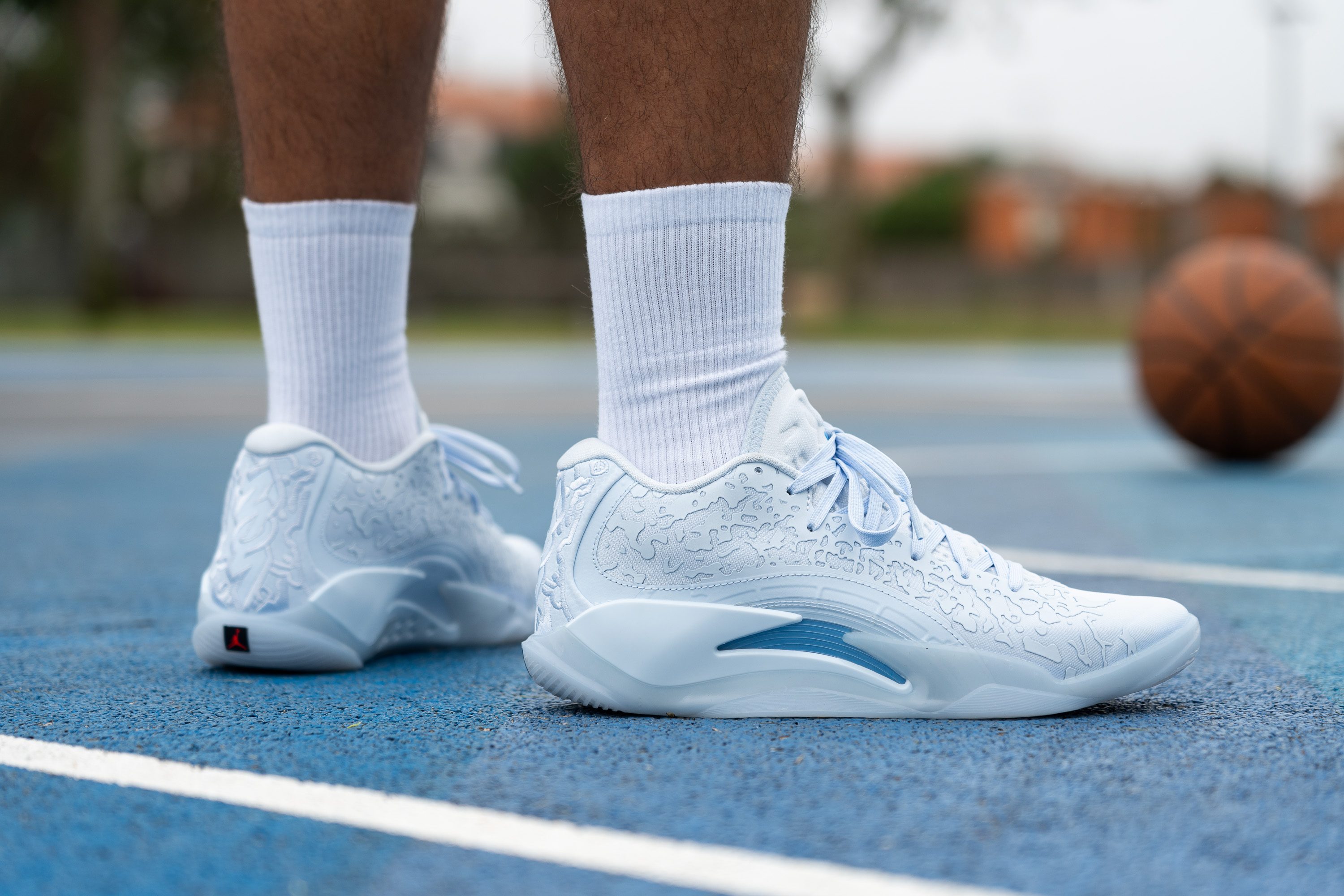
Who should NOT buy
Absolutely forget about this shoe if you've got wide feet! Our standard-sized ones already felt pretty caged in such a snug fit. Additionally, the Zion 3's solid upper materials don't give in with time, just a slightly bit, but in no way near enough to accommodate big-toed hoopers! If you still want a signature shoe of a crazy good baller, the Jordan Luka 2 might be worth checking out!
If you want to play streetball and you need some extra protection on the sides because you're a toe-dragger, just like us, then this Jordan pair might not be the best. All these shoes are good for streetball, and if you're a hardcore Jordan fan, maybe try the Zion 2! You know, this line is just constantly evolving, and its zero consistency might as well be part of its magic!
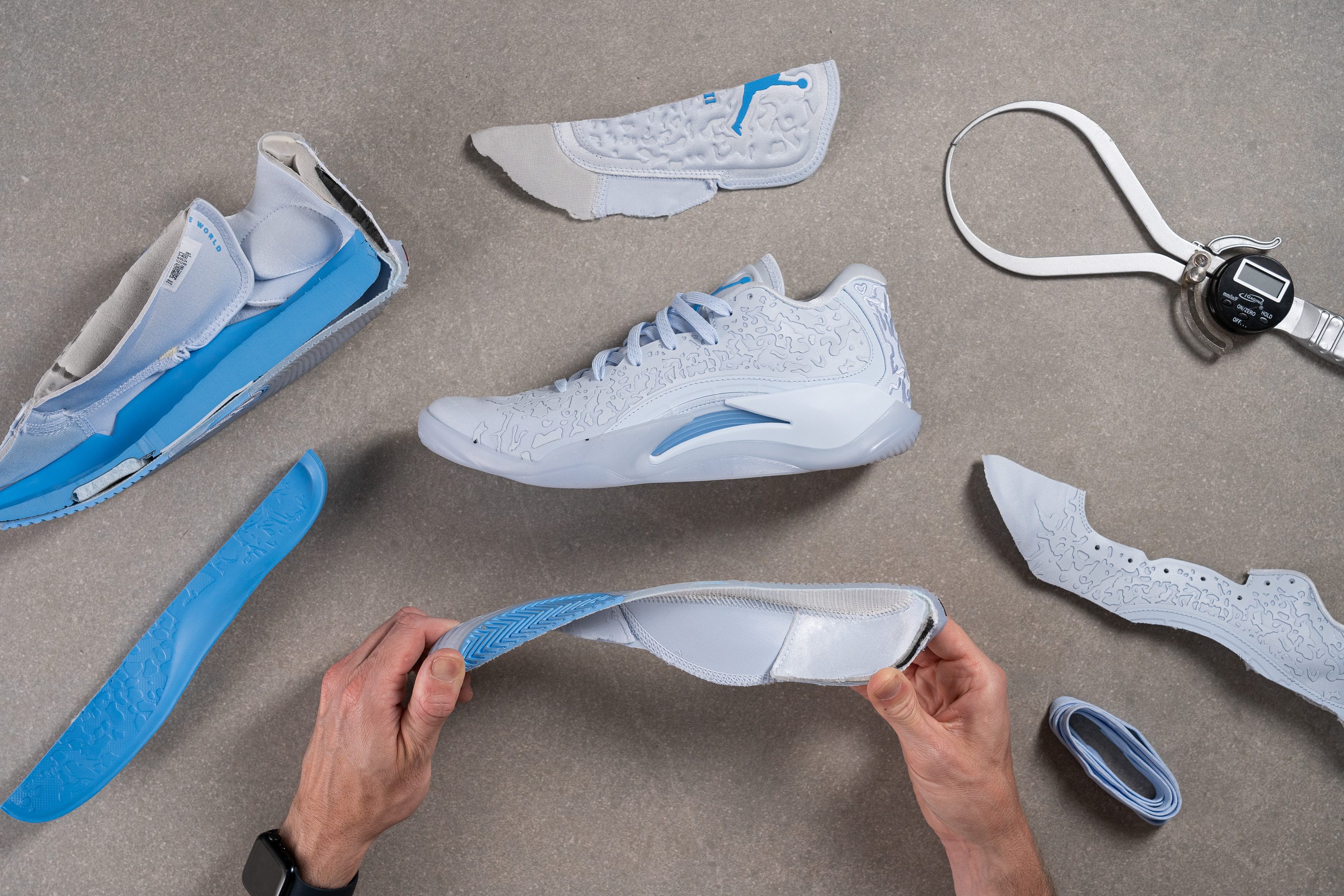
Cushioning
Heel stack
Our calliper returned 25.7 mm when we measured the Zion 3's heel stack, which means it's lower than average.
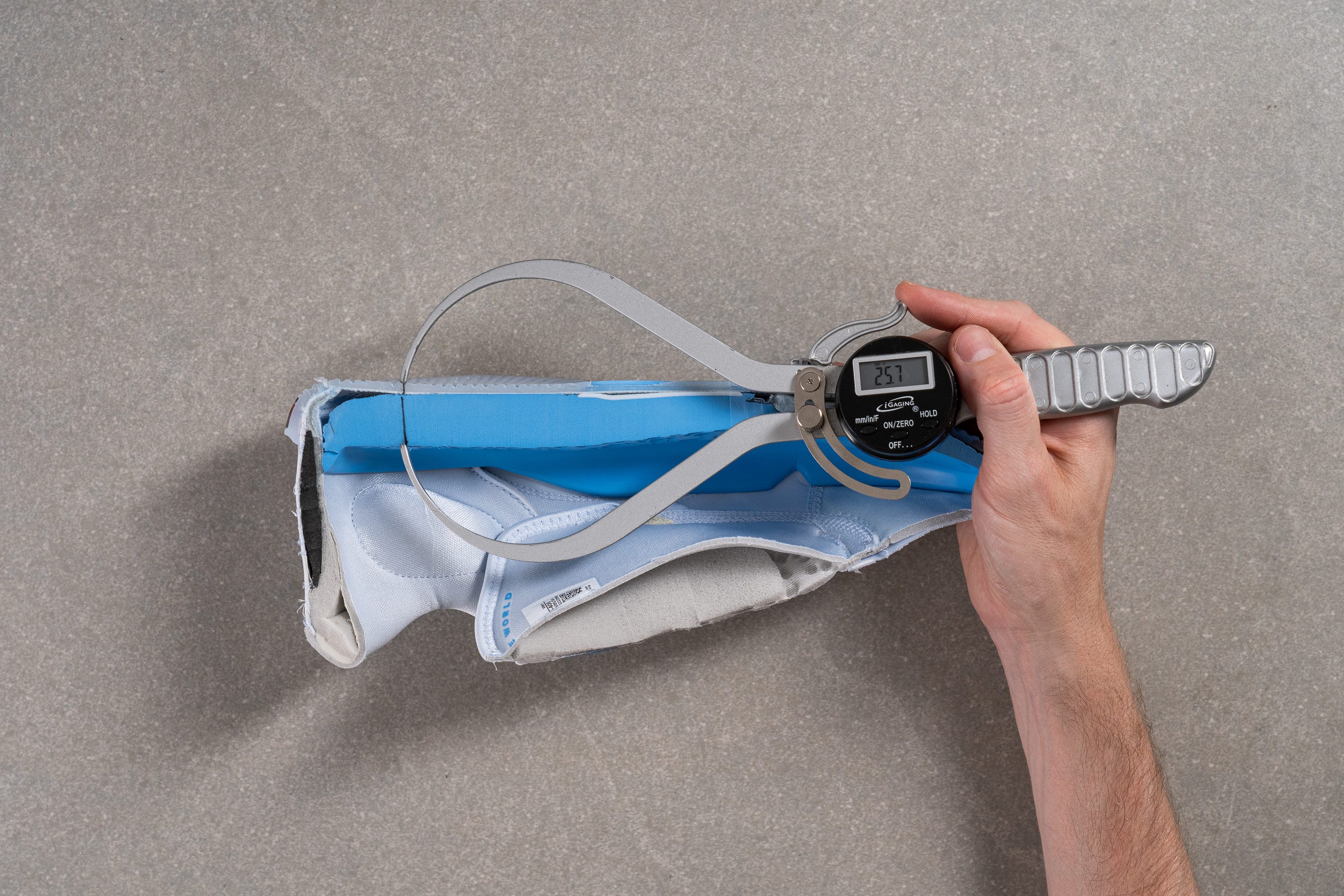
During our wear tests, we found it still provided enough impact protection to jump fearlessly during our games. Once again, we don't want to spoil the content of other sections beforehand, but we just can't help it... wait until you see this Jordan's midsole!
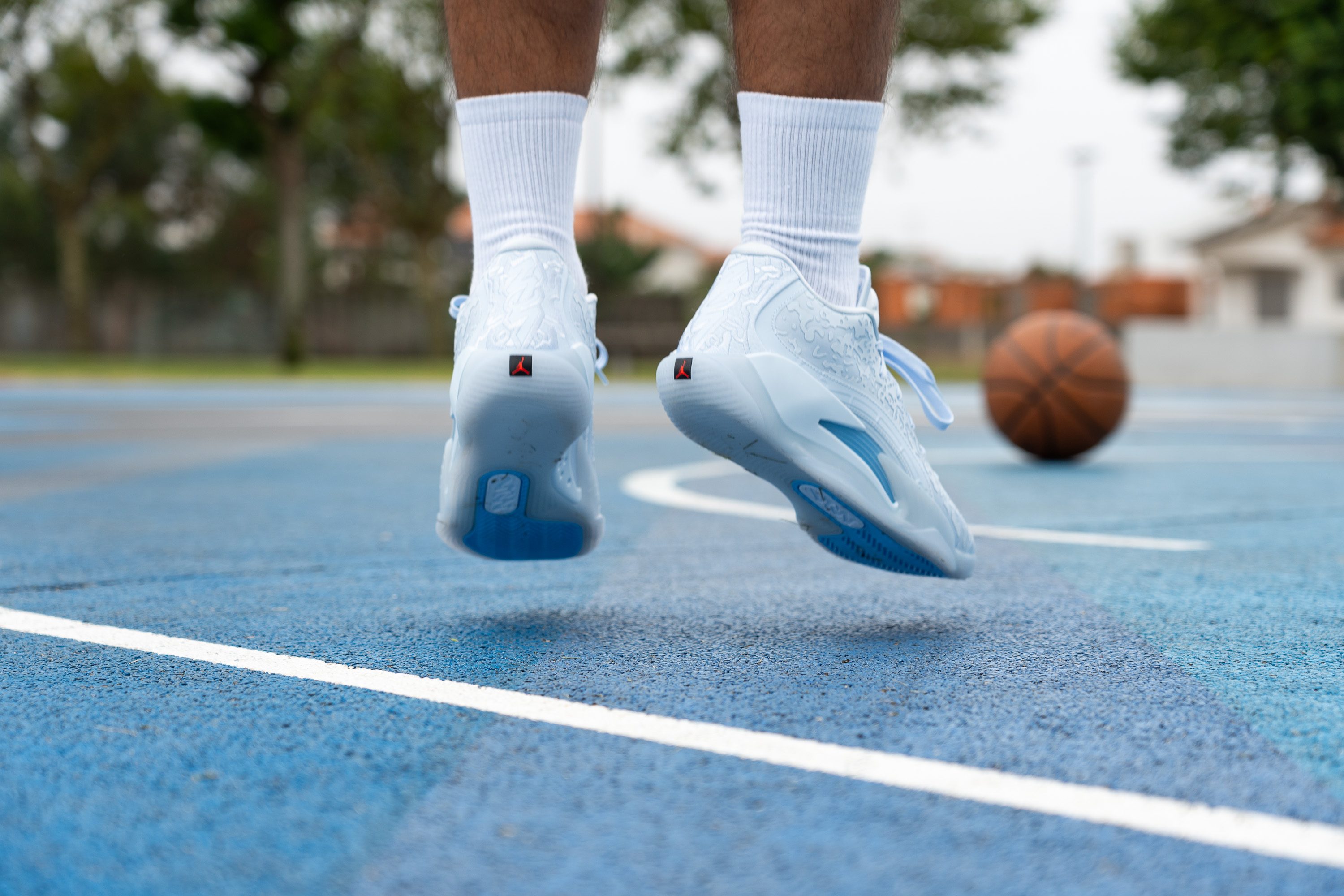
| Zion 3 | 25.7 mm |
| Average | 28.8 mm |
Forefoot stack
The forefoot stack followed the same path as its heel counterpart, as our calliper showed another result which is lower than average.
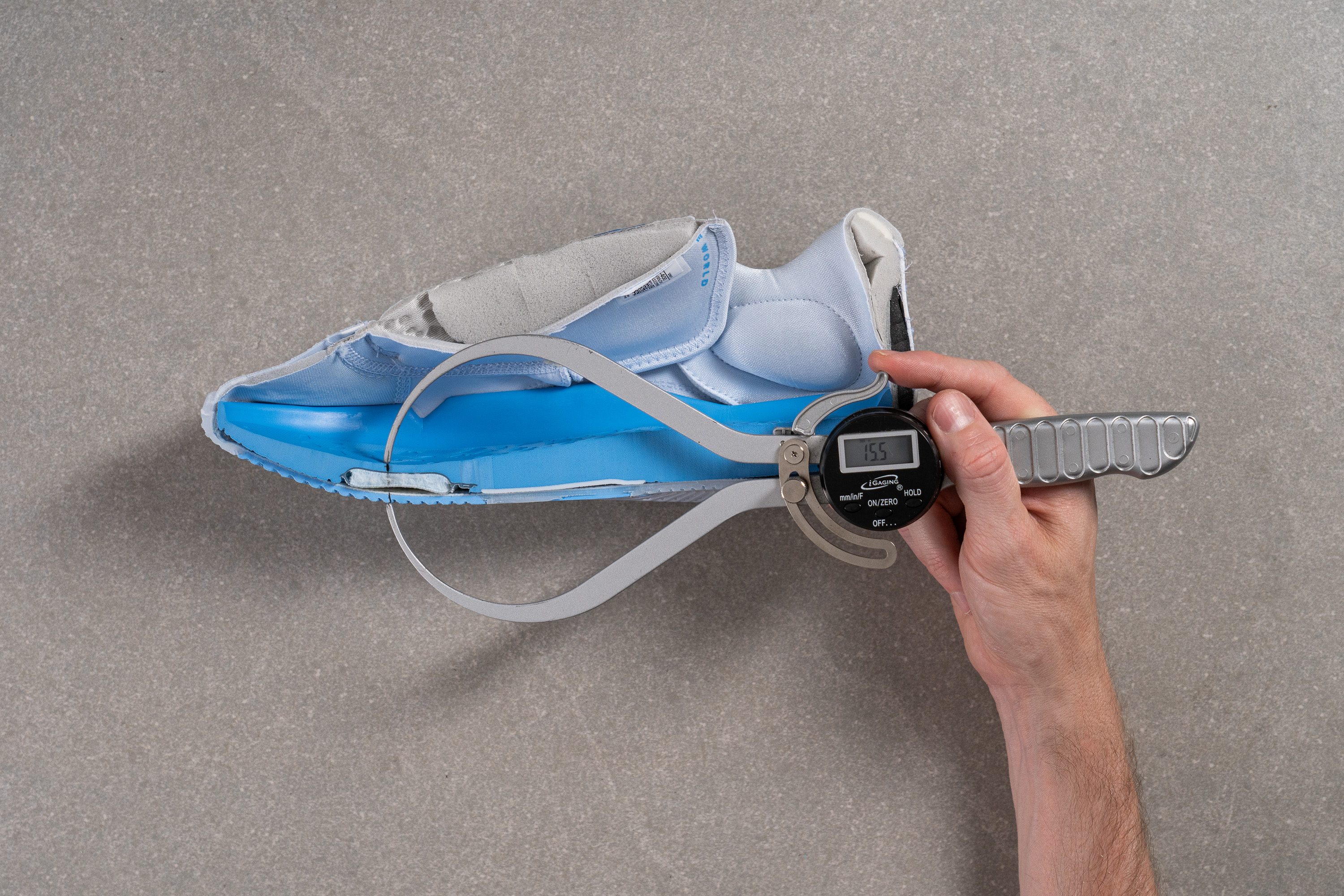
At 15.5 mm, our toes felt pretty close to the ground. We also enjoyed some bounce, even if it wasn't much, on our toe-offs, which made our quick cuts and layups more explosive.
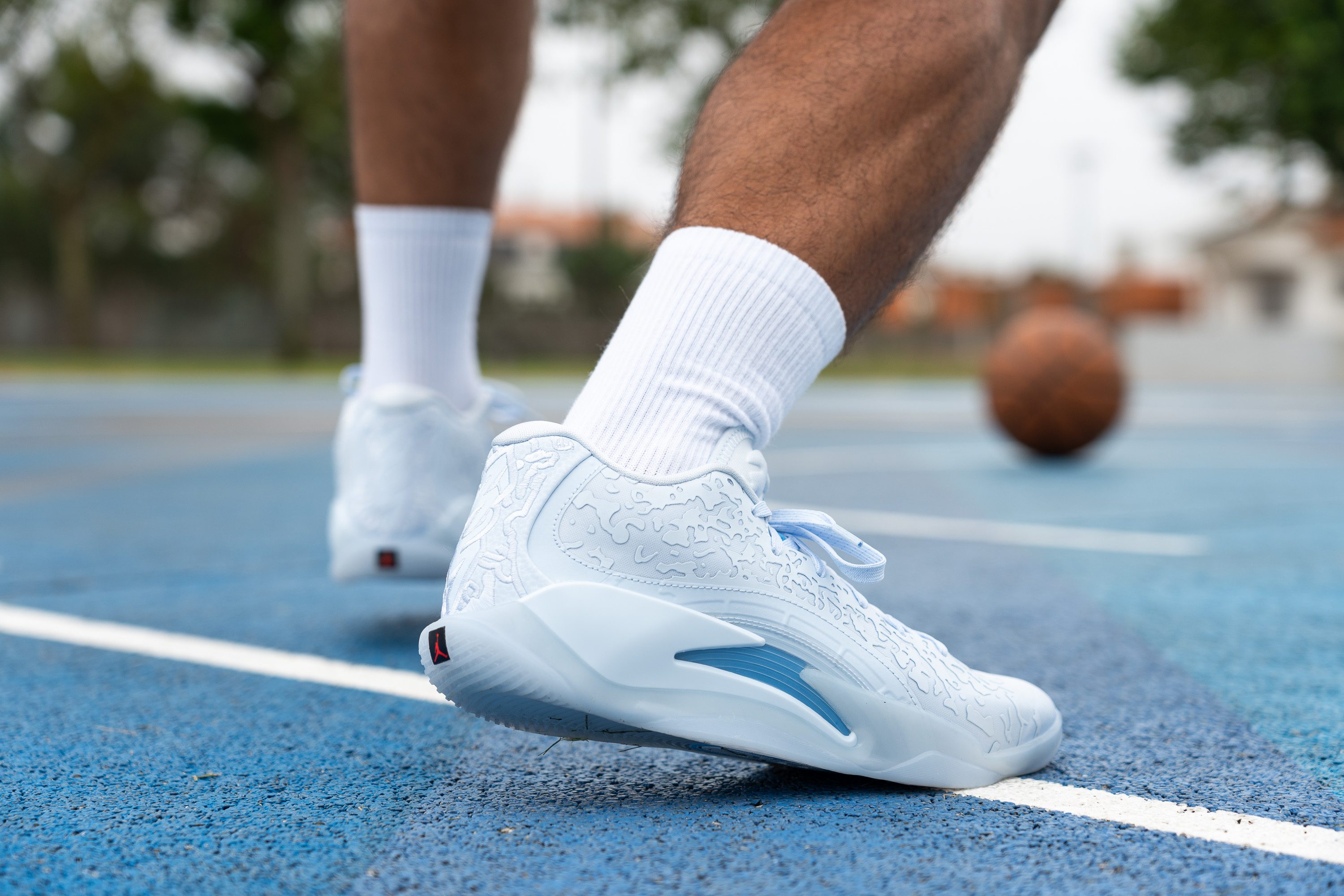
This is thanks to the Zoom Air unit we can see right between the calliper claws in the picture. That small white piece offered comfort, shock absorption, and a little bit of a springy feel underfoot.
| Zion 3 | 15.5 mm |
| Average | 21.4 mm |
Drop
After measuring both the heel and the forefoot stacks, we calculated the Zion 3's drop. Even though 10.2 mm sounds like a lot, this shoe didn't feel weird underfoot. We didn't have to get used to it or things like that, and we could enjoy it from the very first minute.
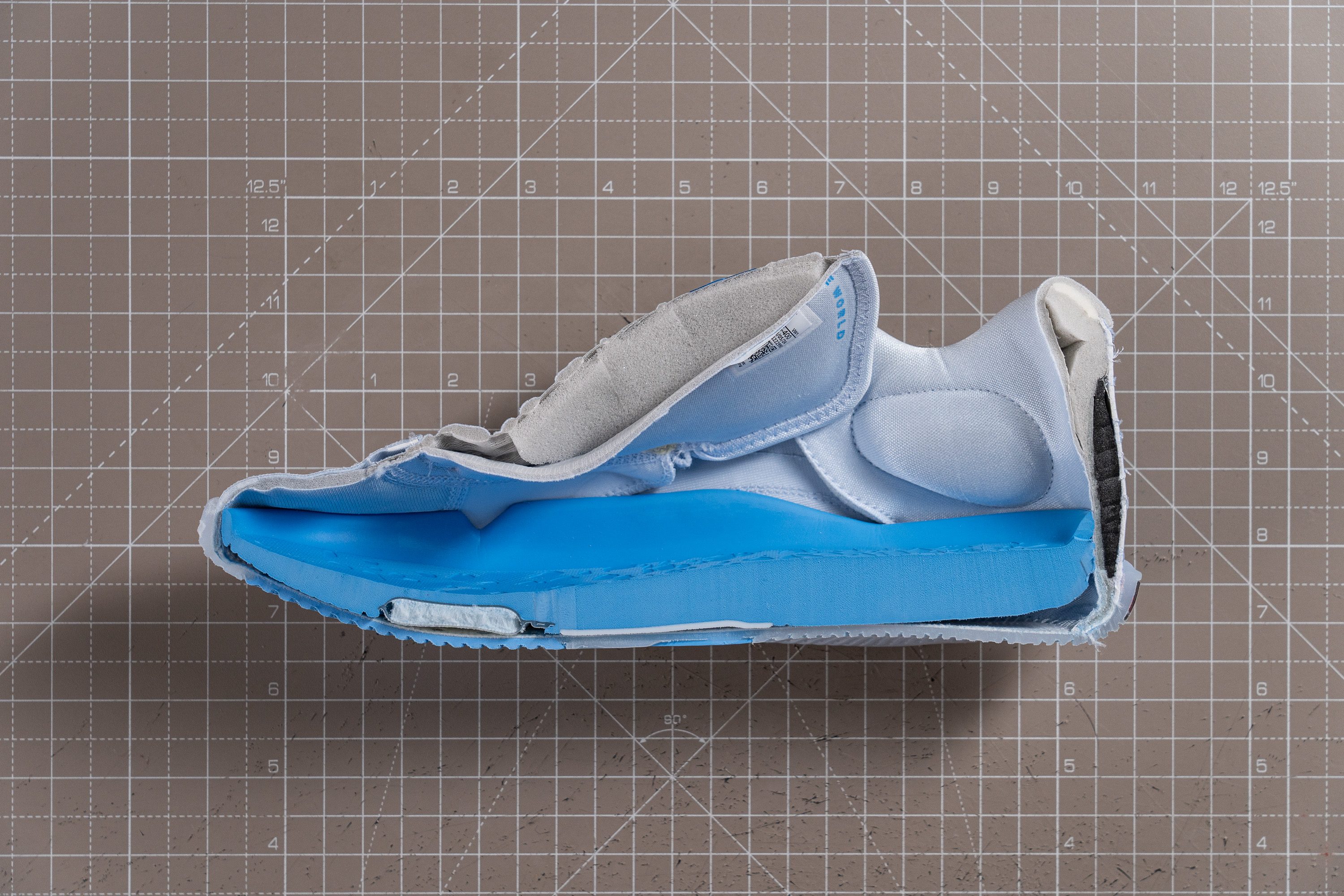
The difference in height between the forefoot and the rearfoot can be seen clearly in this picture. Still, do you know what surprised us the most? The fact that the midsole is kind of... floating out there?
Like, look at the heel, it's definitely not glued to the shoe!
| Zion 3 | 10.2 mm |
| Average | 7.4 mm |
Midsole softness
One of the most interesting parts of the Zion 3 is its midsole/insole. In all honesty, if we didn't cut every shoe by half we might as well have missed it!
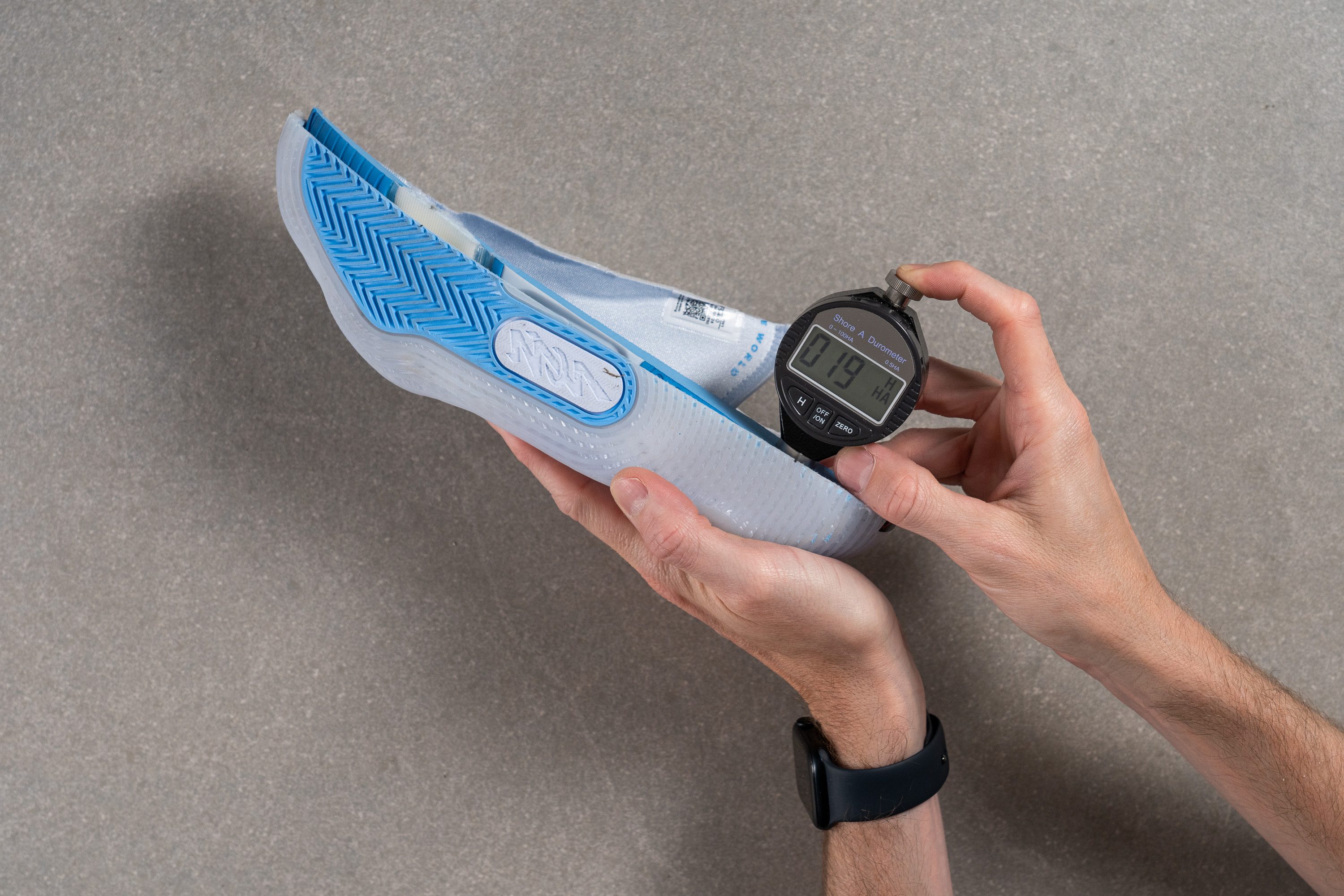
First of all, when we pressed our durometer against the Formula 23 foam of this Jordan pair, it returned 19 HA. This score is incredibly low, which means this hooper is going to feel soft underfoot.
And we totally agree! After playing multiple games in it, the Zion 3 is definitely a comfortable and soft bball pal. As it's not attached to anything, which we found really weird, we could literally just grab the midsole and take it out of the shoe without having to fight its last.
Believe us, we were just as confused as you might be right now! This midsole is designed just like a boat or a cradle for your feet. It features a bigger-than-average Zoom Air unit on the forefoot, and we believe this specific piece focuses not only on providing some bounce and impact protection, but also on comfort.
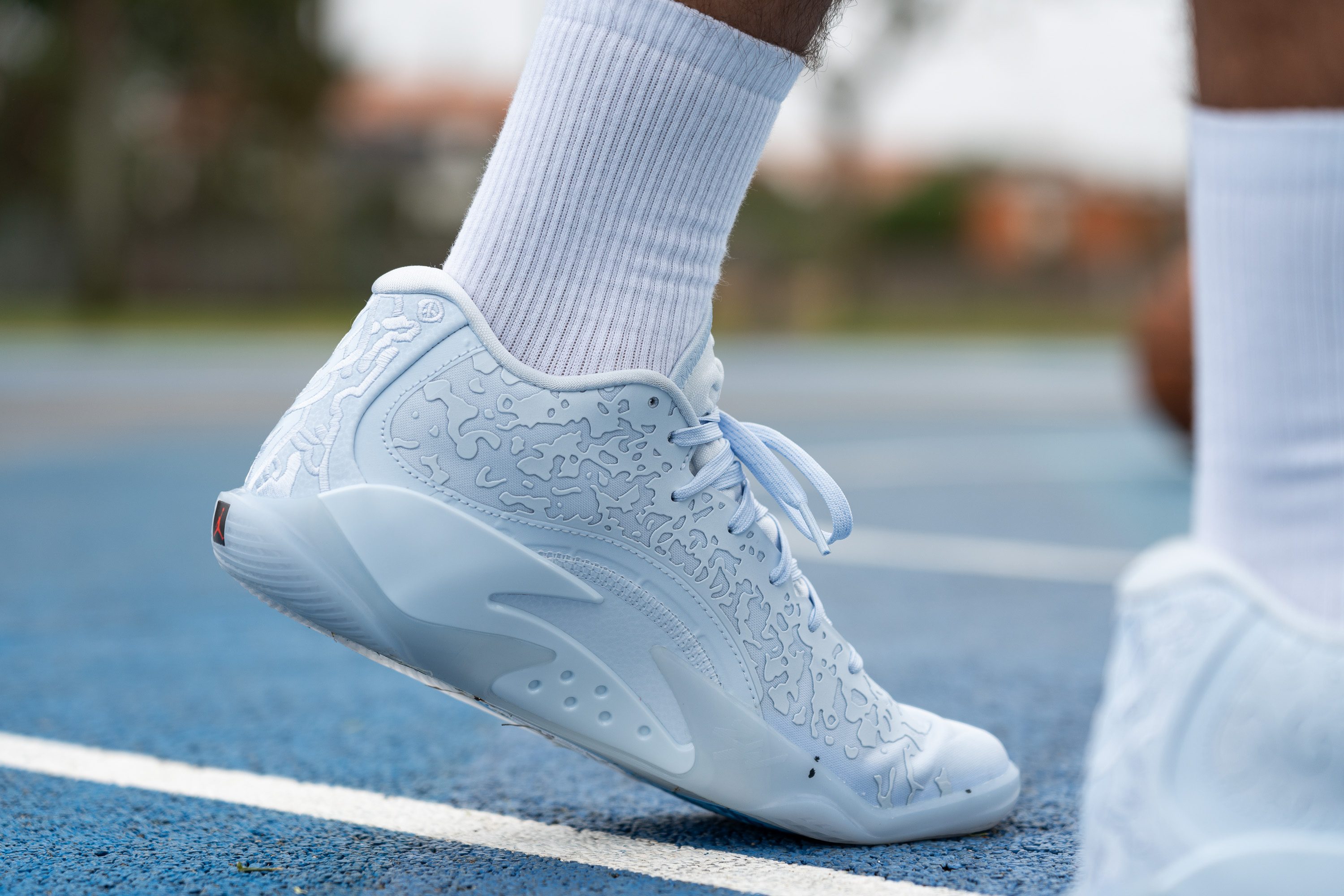
| Zion 3 | 19.0 HA |
| Average | 24.3 HA |
Size and fit
Size
Jordan Zion 3 fits half size small (128 votes).
Consider sizing up
Internal length
| Zion 3 | 267.4 mm |
| Average | 271.7 mm |
Width / Fit
A narrow base comes with a narrow upper, and we could definitely feel the Zion 3's snug fit.
This was confirmed by the gel replica of the shoe's interiors as the calliper showed only 88.9 mm in the widest part.
Considering that wide options are not available for this Jordan shoe, we recommend that wide-footed hoopers skip this pair.
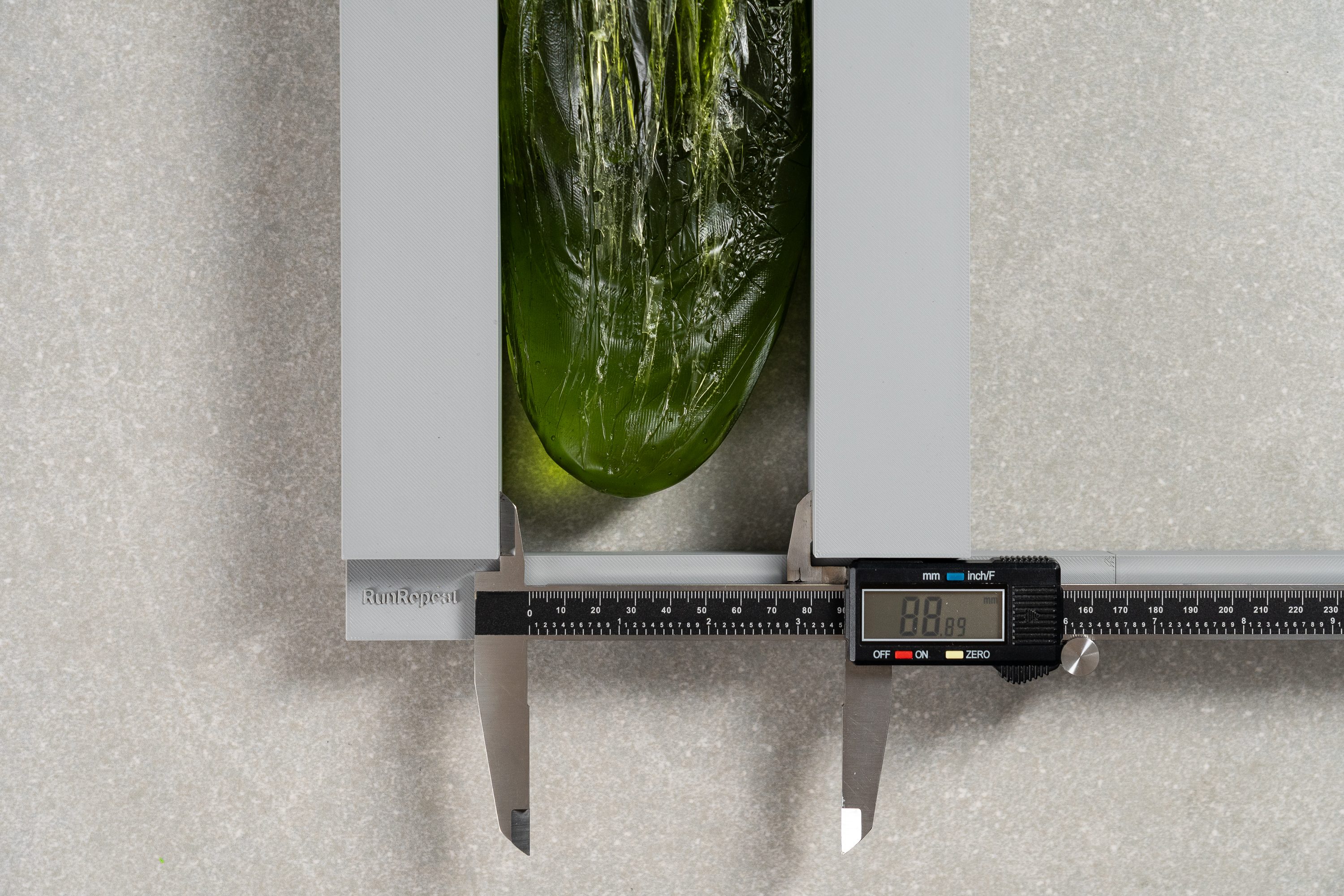
| Zion 3 | 88.9 mm |
| Average | 92.8 mm |
Toebox width
The Zion 3 also gets proportionally narrower near the big toe with a below-average reading of 64.8 mm. This contributes to the shoe's snug and pointy toebox fit and limits its target audience to players with slimmer feet.
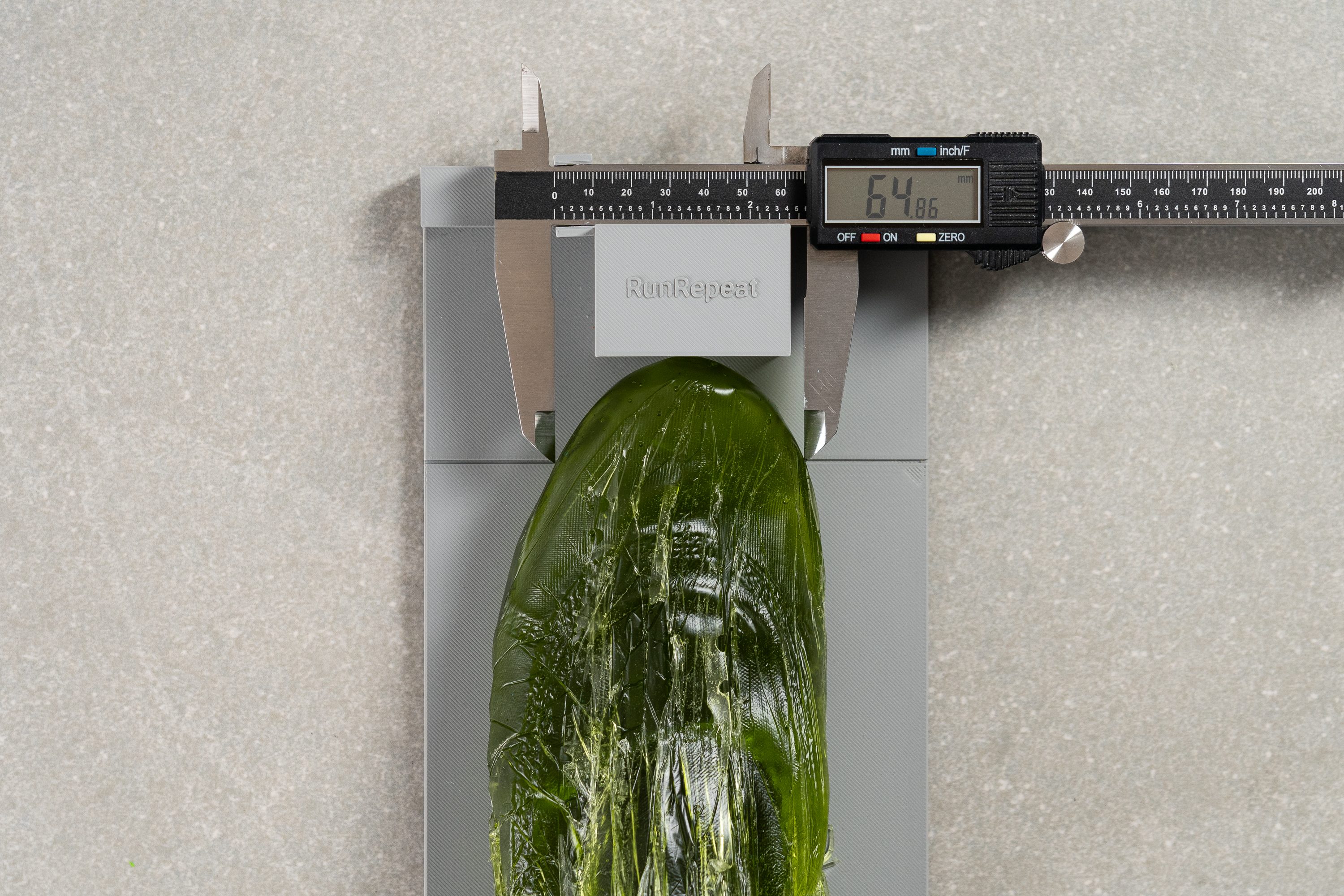
| Zion 3 | 64.8 mm |
| Average | 69.3 mm |
Toebox height
Gladly, the verical space of this Jordan shoe isn't as shallow as it could have been. We got a slightly lower-than-average reading of 24.8 mm.
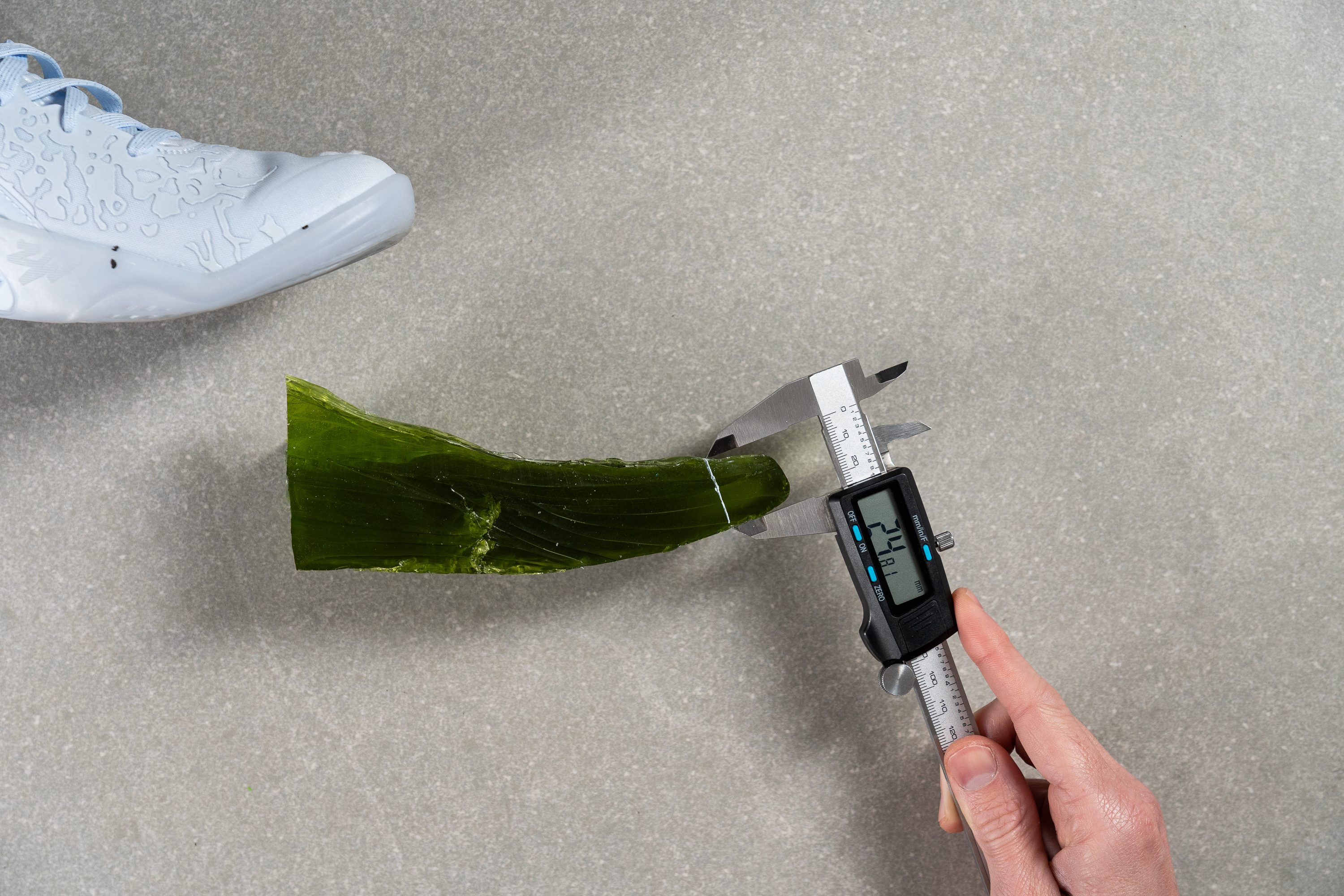
| Zion 3 | 24.8 mm |
| Average | 23.5 mm |
Flexibility / Stiffness
Even though this shoe's materials are durable and it offers great stability, we didn't have any problems when we flexed the ball of the foot to perform any kind of move. We really appreciate this during our wear tests, as it allowed us to go for pump fakes or jab steps (between any others) easily from minute one.
When we took it to our lab, we saw the Zion 3 only needed 17.6N to bend all the way up to 90 degrees. This is an incredible 55% less force than average!
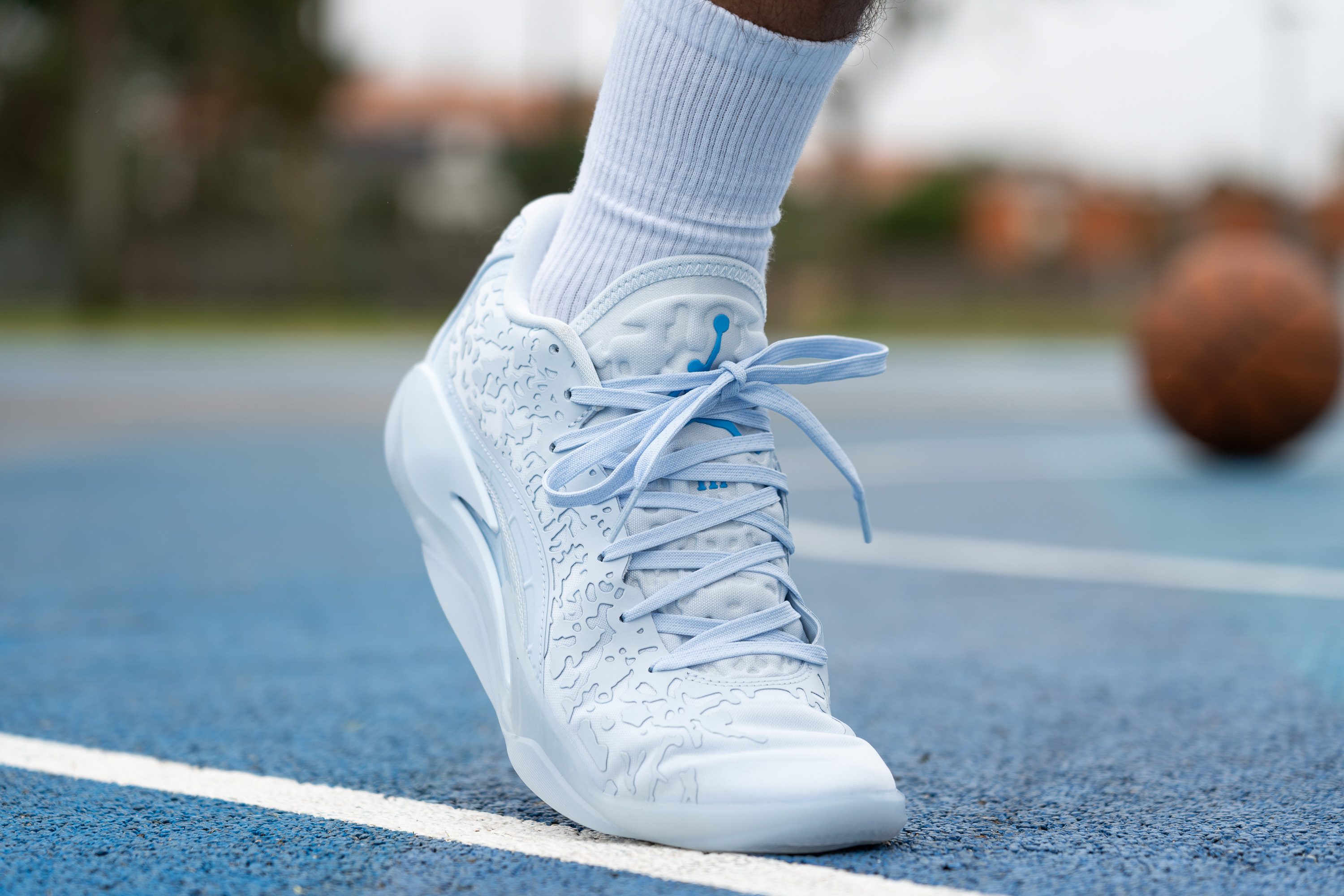
It translated into smooth transitions and the slightest speedy feel. We know we've mentioned before that this pair is not the fastest shoe out there, and we haven't changed our mind, yet we believe this feel comes from the pliability at the ball of the foot (and the Zoom Air unit with its slightly bouncy toe-offs!).
This test follows an older methodology, which is why you don't see recently tested shoes in the chart. Results from different methodologies can not be compared.
| Zion 3 | 17.6N |
| Average | 38.8N |
Weight
We can't say we felt this shoe fast during our wear tests. When we hooped with it, it was more of a "okay my feet are on the ground" feel than a "I think I might as well fly" one. When we took it to our lab, our scale easily explained why.
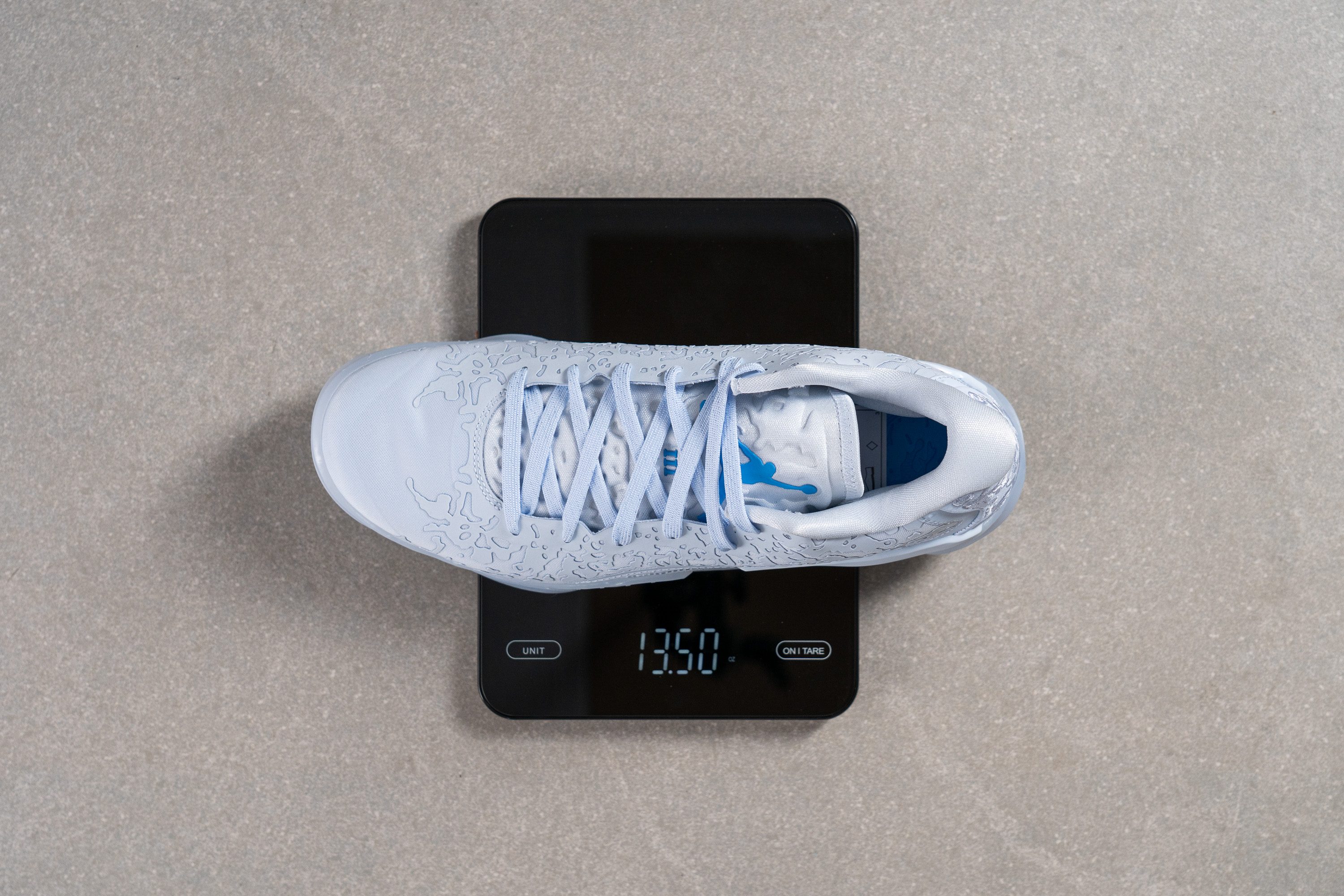
At 13.5 oz/383g, it's still slightly lighter than average, but our feet wouldn't have said so if they could talk. It didn't drag our feet down or anything, but honestly, it just didn't feel as swift as other hoopers, like the UA Curry 11 for example.
| Zion 3 | 13.5 oz (383g) |
| Average | 13.8 oz (391g) |
Breathability
Just by having a quick look at its upper, we could already imagine this wouldn't be the most breathable Jordan pair.
Our light test showed clearly that there are no ventilation holes in the upper, as the light couldn't go through the textile material. Actually, we only saw it shine through the midsole! Which was pretty surprising, we're not gonna lie.
But that didn't save the Zion 3 from choking with the smoke of our machine. On the other hand, the unbeatable UA Curry 10 showed it how it's done scoring a perfect 5/5 on our breathability test. Even though the Jordan pair couldn't get much smoke out at the beginning, it started releasing a solid column after a while. This saved it from the lowest score, so we've given it a 2/5 on the breathability test.
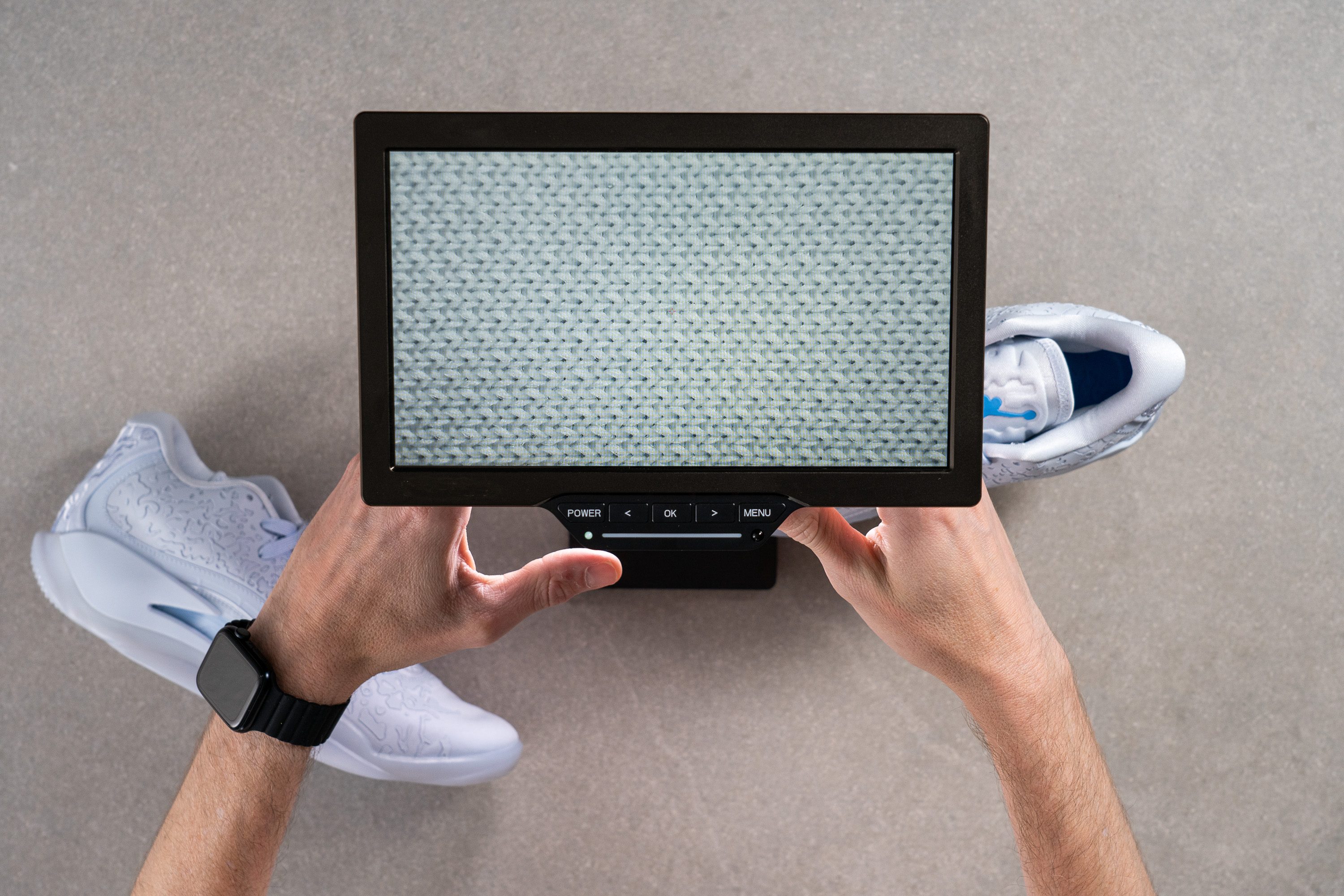
When we grabbed our microscope and checked the textile upper, all we could do was agree with our light: no ventilation holes. There's no way the air can freely get through that tightly woven pattern!
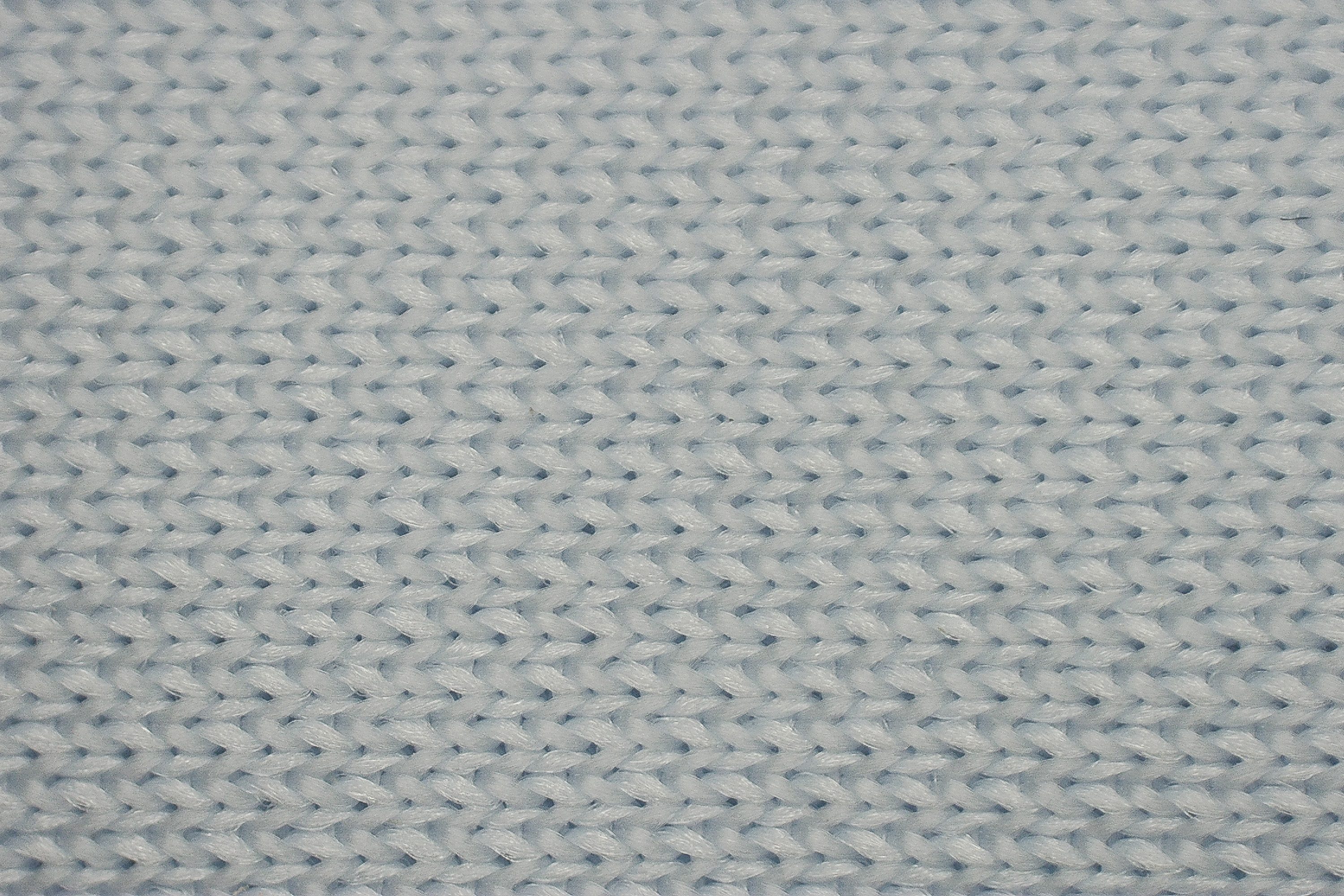
| Zion 3 | 2 |
| Average | 2.5 |
Stability
Lateral stability test
The Zion 3 feels pretty supportive! We verified it during our wear tests playing basketball, as its structure doesn't give in at all.
This is positive and negative at the same time. On the one hand, it's good because it held our feet in place, so we didn't have to worry about twisting our ankles due to instability. On the other hand, it's bad for wide-feet people as its upper materials are not stretchy.
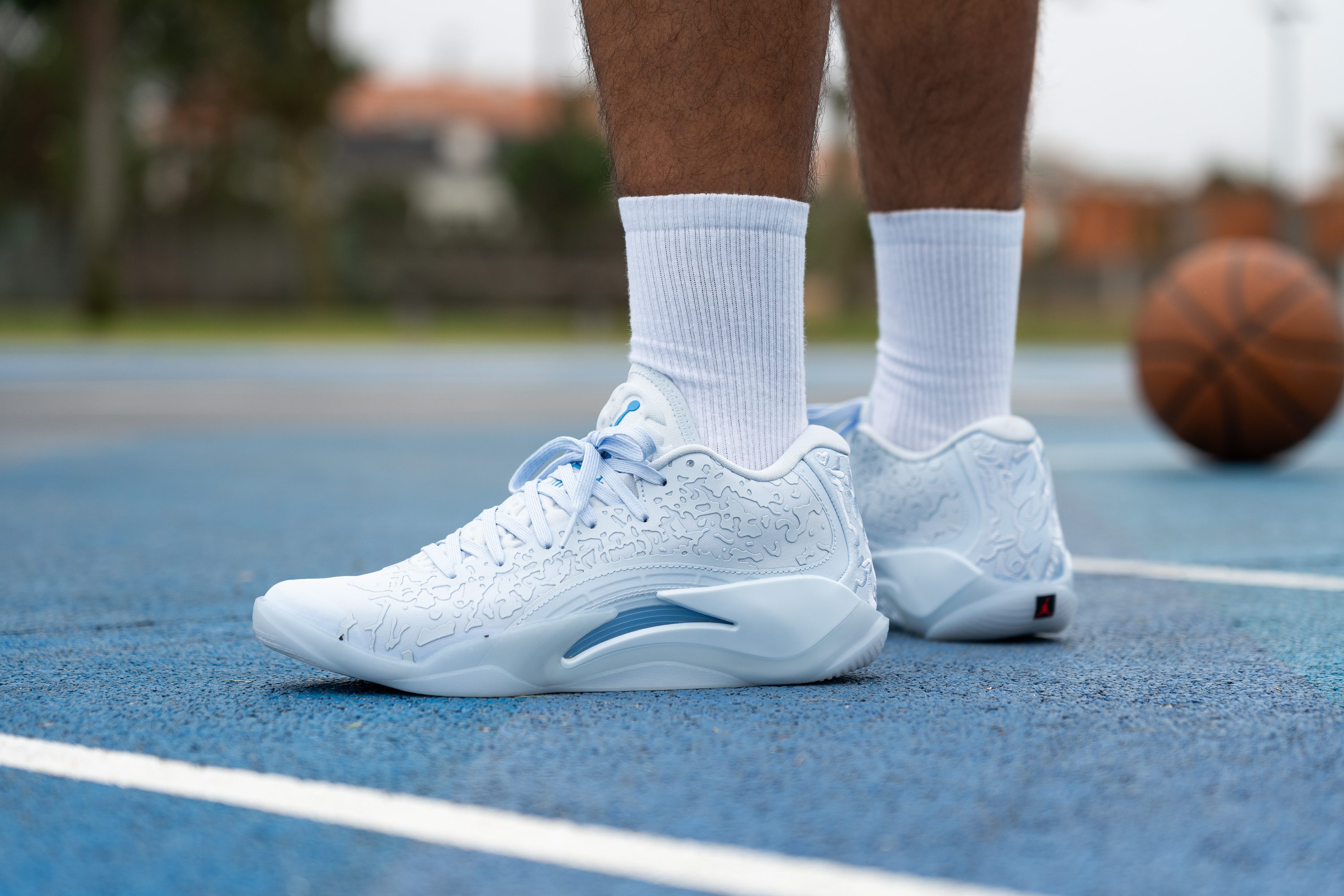
So, don't expect something stretchy that will adapt to your feet. The Zion 3 has a narrow design with a tough textile that will keep your feet in place! To add some stability points, this shoe features two sole flares.
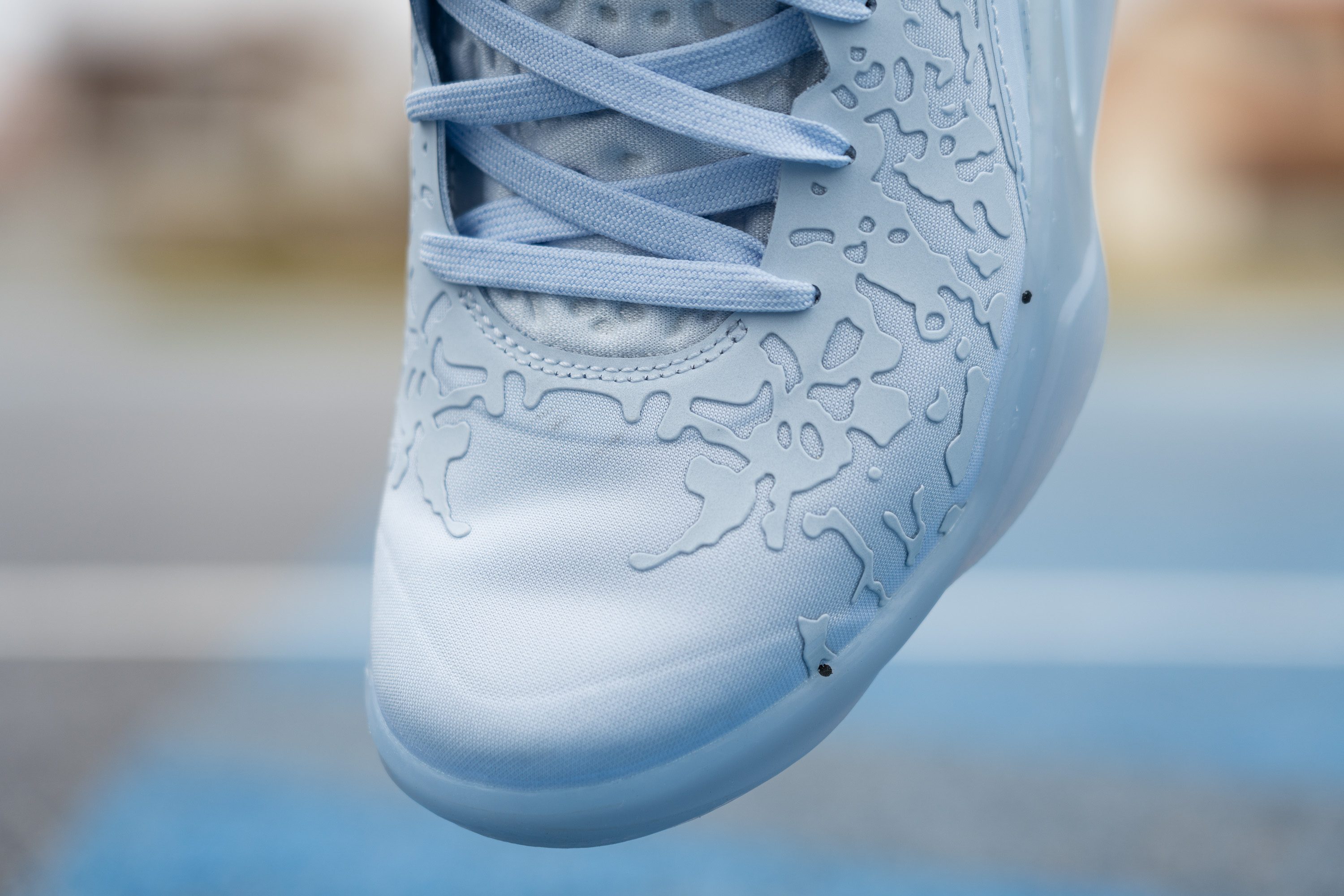
One is in the forefoot, which is something that we regularly see on basketball shoes.
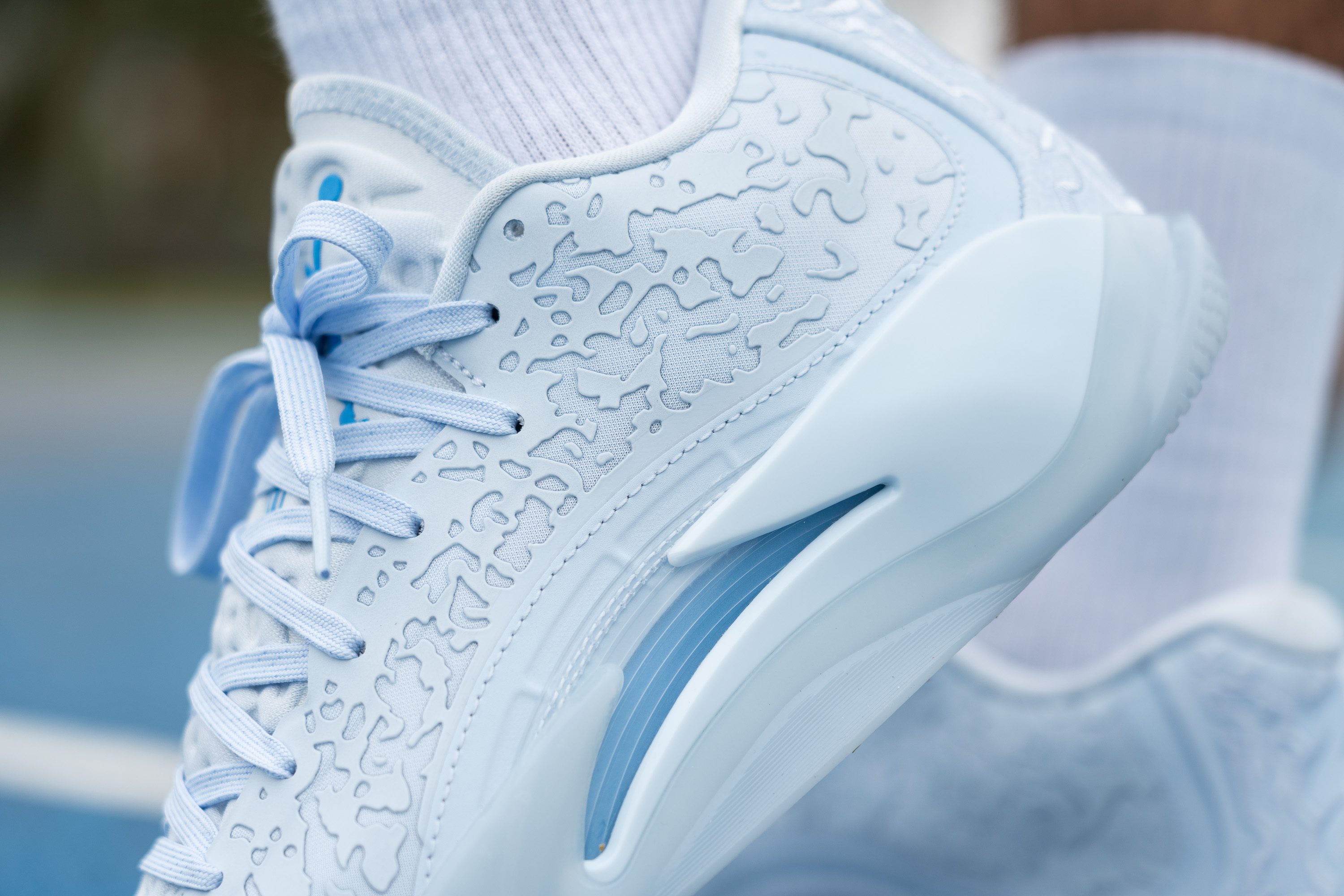
But the other one is in the midfoot! We definitely don't see this every day, yet we appreciated it a lot during our wear tests. It offered us a wider base to land on, so we didn't lose our balance even after a harsh jump rebounding. You know, those when you hit someone mid-air and try to land without falling or stumbling on someone else!
Torsional rigidity
Despite the sole flare and the lateral rubberized walls of the shoe, its torsional rigidity levels were definitely not high!
As you can see, it wasn't hard for us to twist and bend the Zion 3 in our lab. We believe part of this flexibility might come from the gap in the middle of the rubber, as it gave the structure a specific point to surrender to our attempts to bend it.
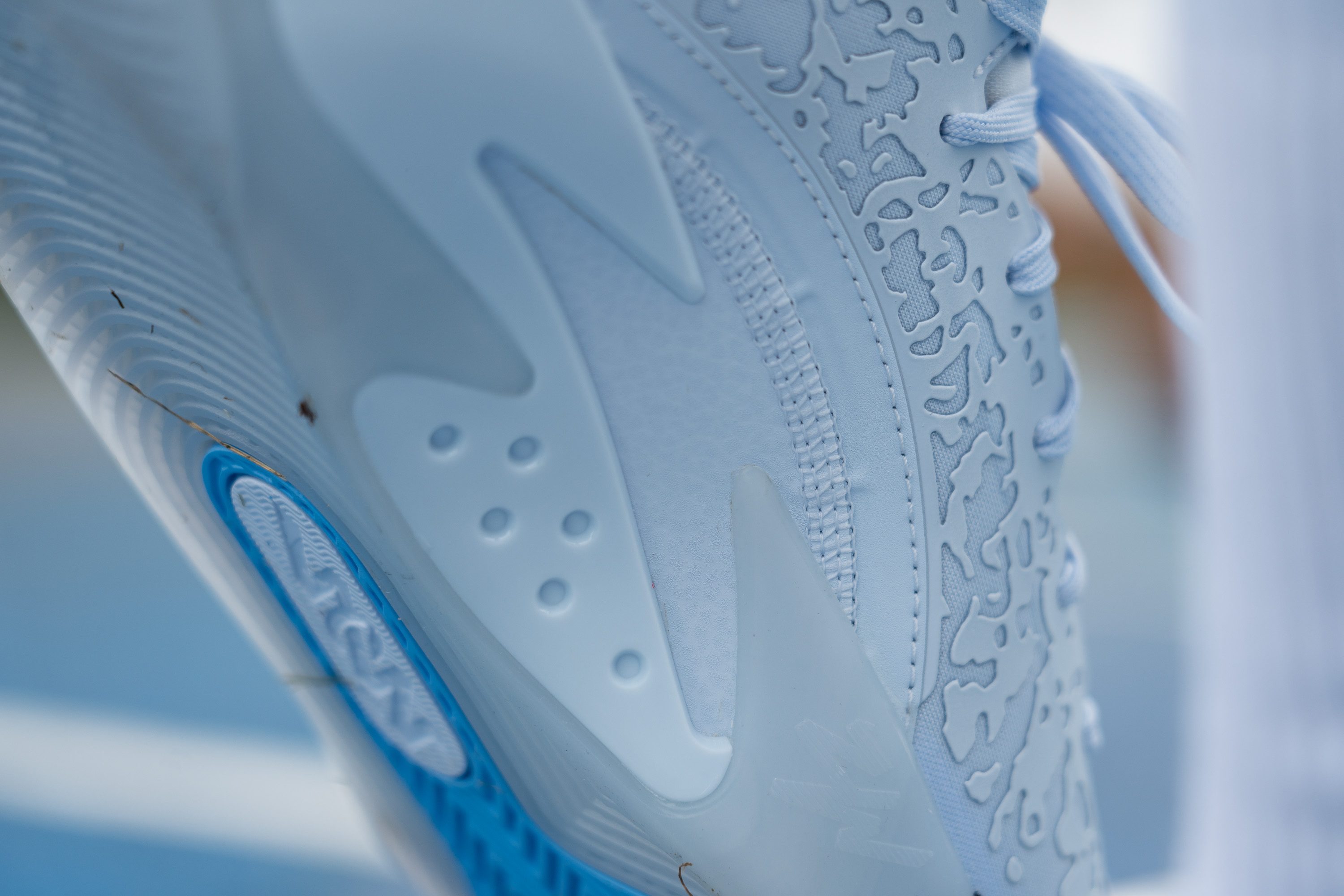
| Zion 3 | 2 |
| Average | 4.5 |
Heel counter stiffness
We gave this Jordan pair a 3/5 on our heel counter stiffness test. Why? Well, basically because of its sides, as they bowed down easily when we applied pressure.
Nevertheless, the area of the Achilles stayed still even if we tried hard to push it down. Overall, the Zion 3 undoubtedly offers a snug fit: not only due to its narrow design, but also because of all the inner padding it includes and its thick heel counter.
As you can see, it features a big padded pad in the inner padding (a very suitable tongue twister, indeed). This piece held our ankles in place, which helped us go for more daring moves, as we felt supported on every step.
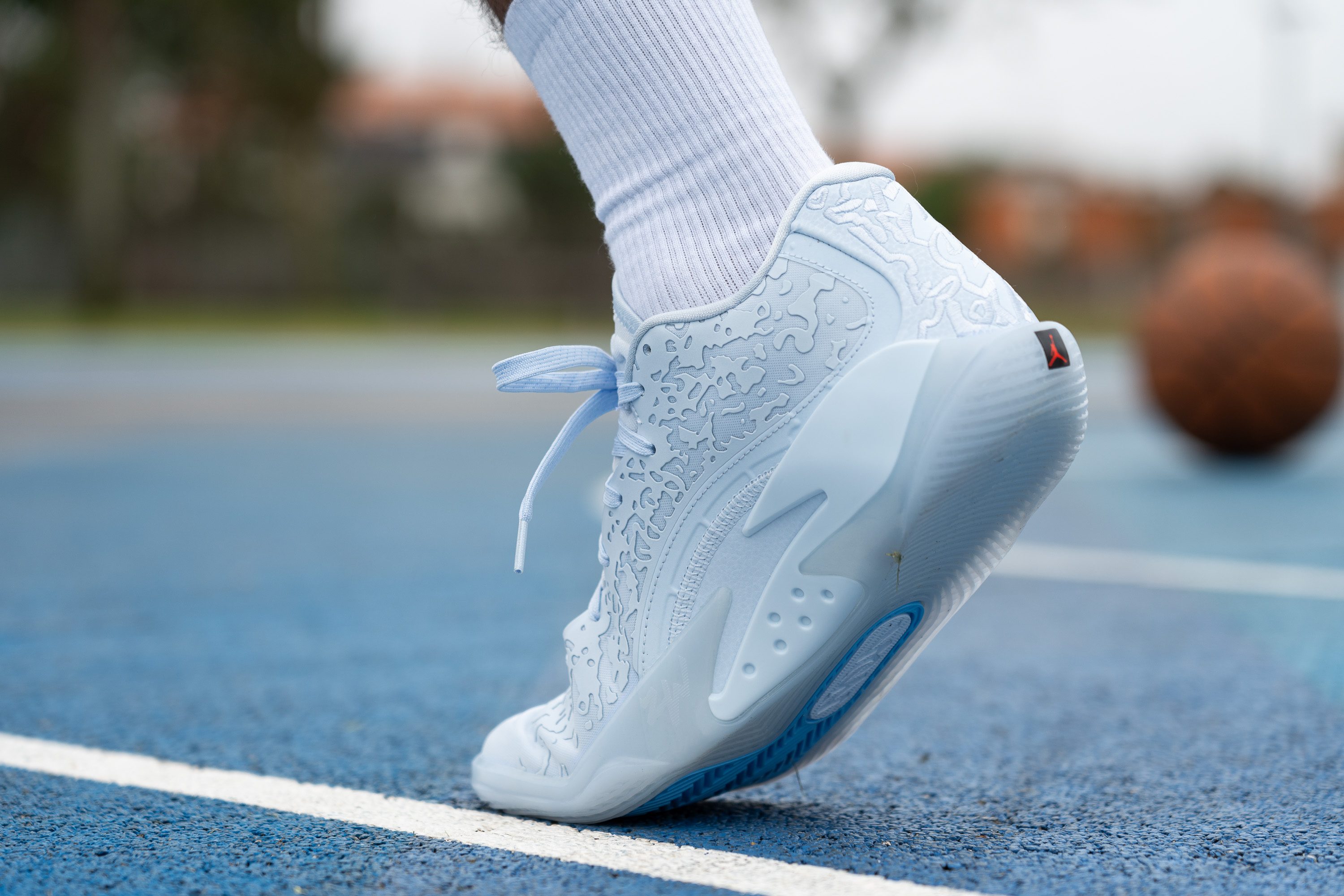
And by the way, no heel slippage!
| Zion 3 | 4 |
| Average | 3.8 |
Midsole width - forefoot
We've mentioned it before: this shoe is narrow!
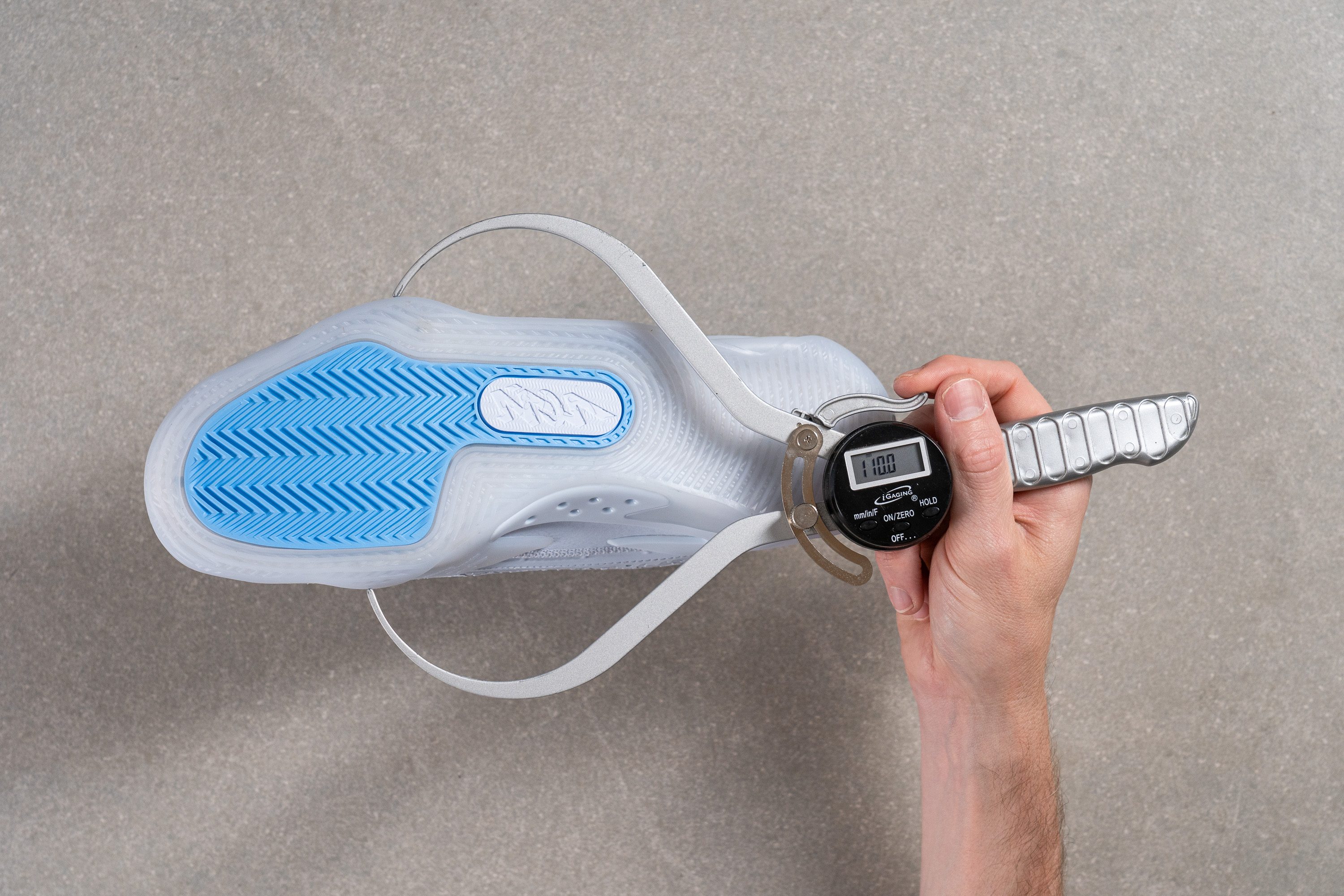
And so is its platform. At 110.0 mm, our calliper indicated it's narrower than average. We didn't feel unstable in it, but we believe this might not be the best option for wide-foot hoopers.
| Zion 3 | 110.0 mm |
| Average | 114.8 mm |
Midsole width - heel
With a midsole width in the heel that goes down to the scary figure of 80.0 mm, we're now positive the Zion 3 wasn't designed with big feet players in mind.
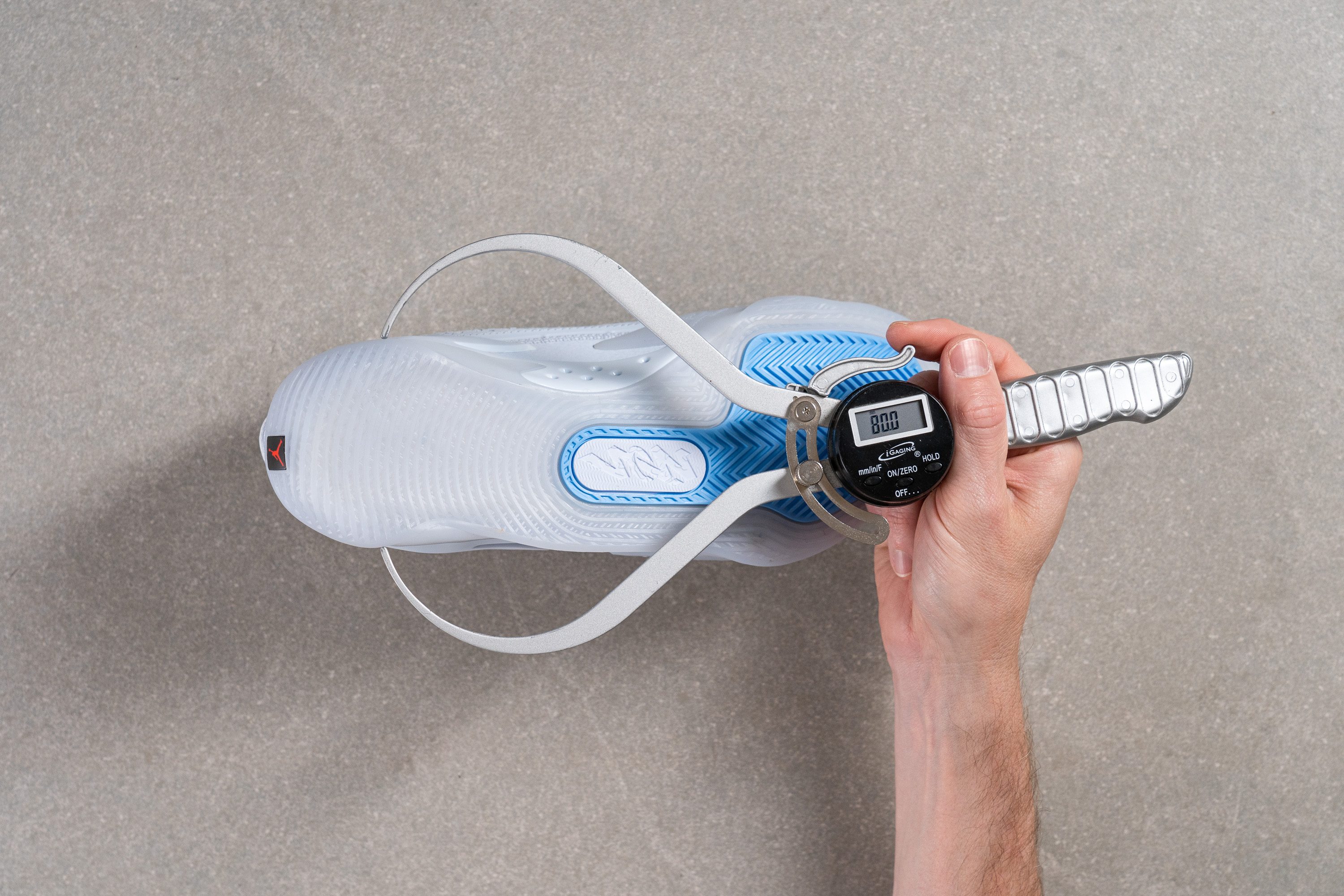
It's become even narrower than its predecessor. But you know, this line keeps changing its shoes as if they belonged to different players. If it wasn't for the name, we wouldn't have guessed that the Zion 1, 2, and 3 were siblings!
| Zion 3 | 80.0 mm |
| Average | 89.7 mm |
Durability
Toebox durability
After a disappointing score on breathability, we did expect this shoe's upper to put up a fight against our lab's champ: the Dremel!
10 seconds were clearly not enough for the tool to destroy this shoe's upper. Despite the 3.2N of force and 5K RPM, the Zion 3 wasn't defeated.
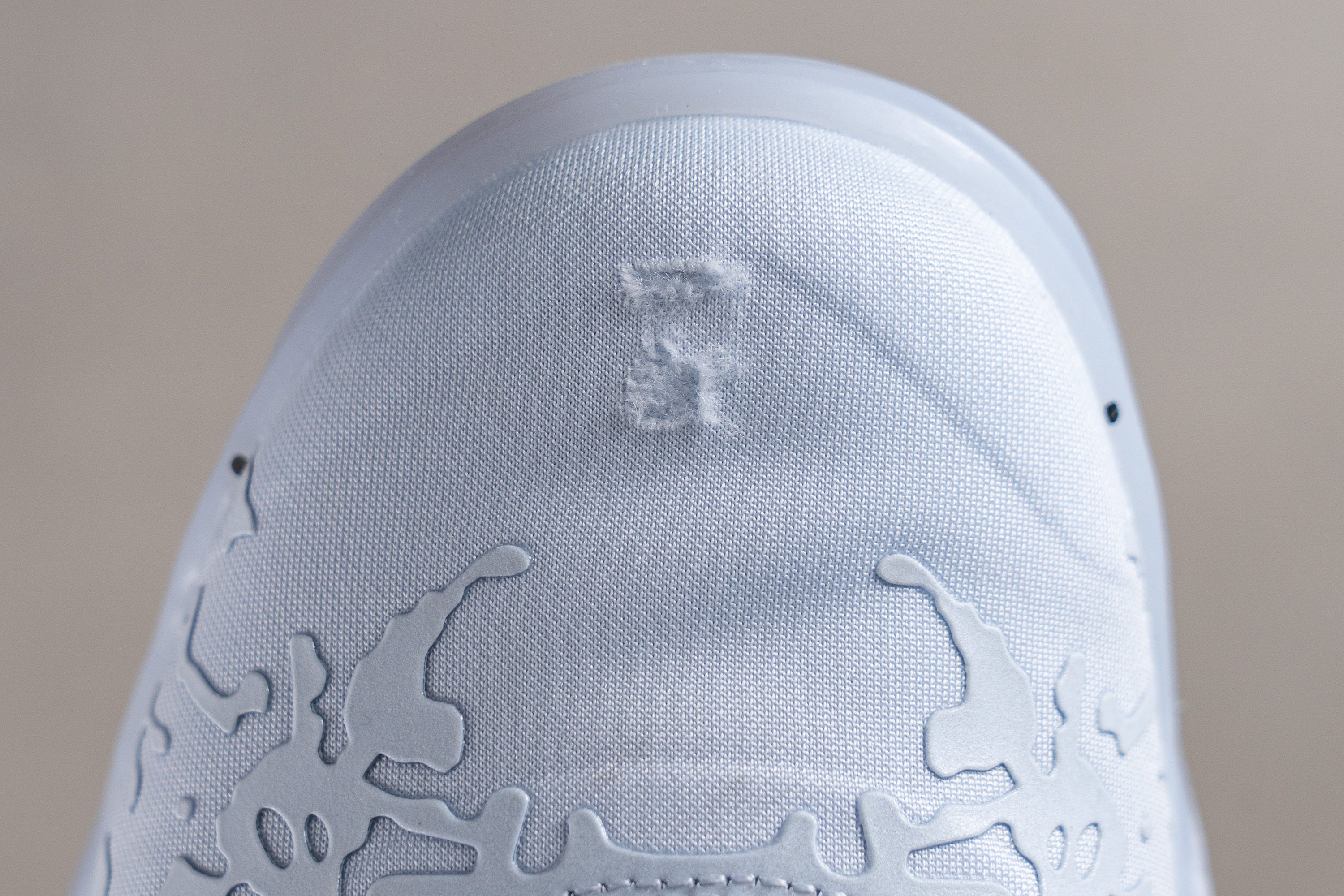
As you can see, the Dremel did damage the textile, but it wasn't enough to make a hole or have a negative effect on the shoe's integrity. In other words: the Zion 3 can say proudly that it's a Dremel survivor!
Which is way more than what the Nike Precision 6 can say...
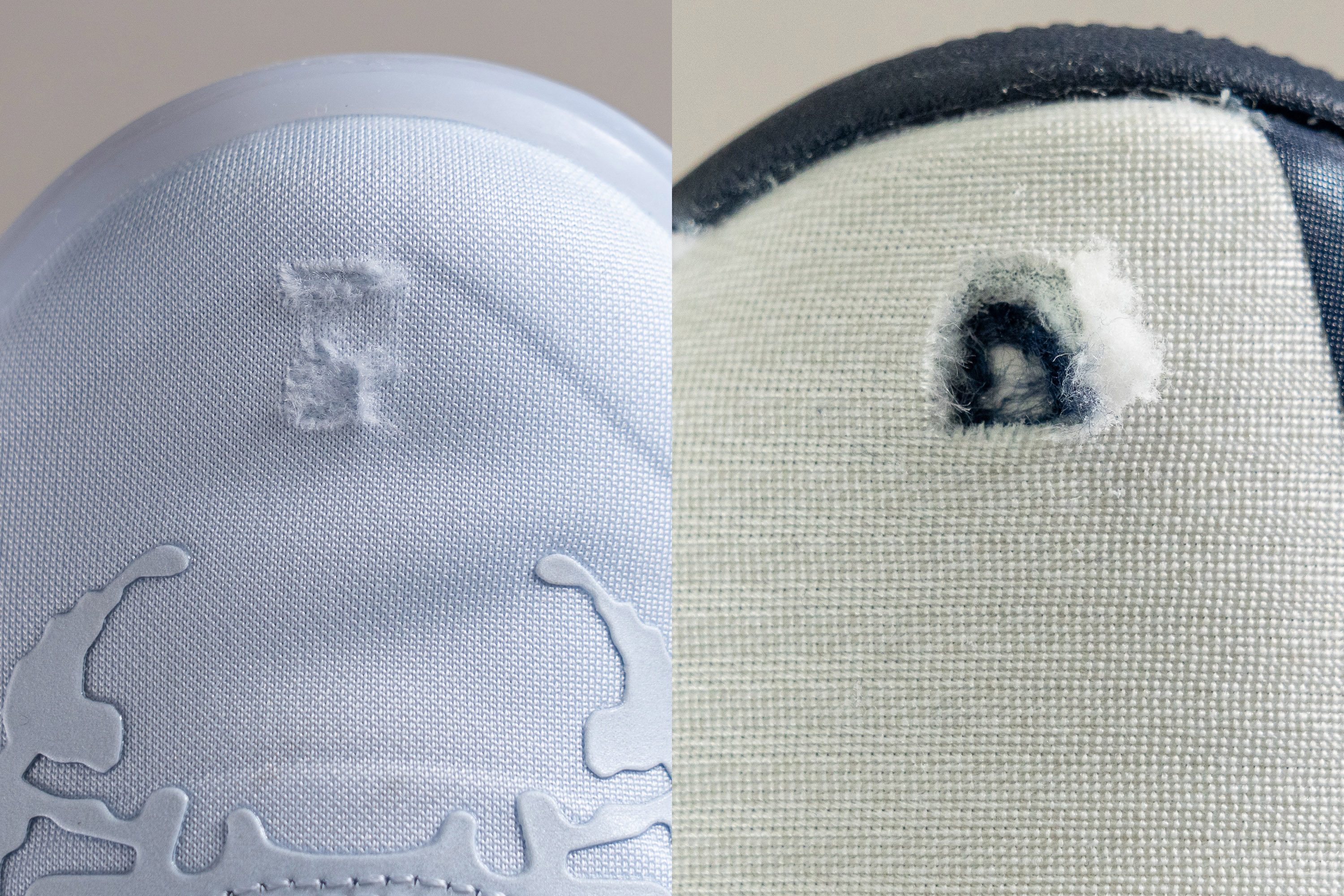
Just look at this comparison. On the left, we have the Zion 3 and its slightly messed upper, which obtained a nice 4/5 on our toebox durability test. On the right, the Precision 6 and that crater... so we could only give it a 1/5 on this same test.
| Zion 3 | 4 |
| Average | 3.7 |
Heel padding durability
Even though we always take into account all the abrasion the heel of a shoe has to endure, we couldn't help but have high expectations after the score of the previous test.
It's true that in basketball, pretty much every move means constant friction of the Achilles against the heel area. That's why the shoes of this category need a protected and supportive heel padding.
After our 5-second Dremel test, the heel padding was left pretty much untouched! The 5K RPM and 3.2N of force of the tool were not enough to mess it up.
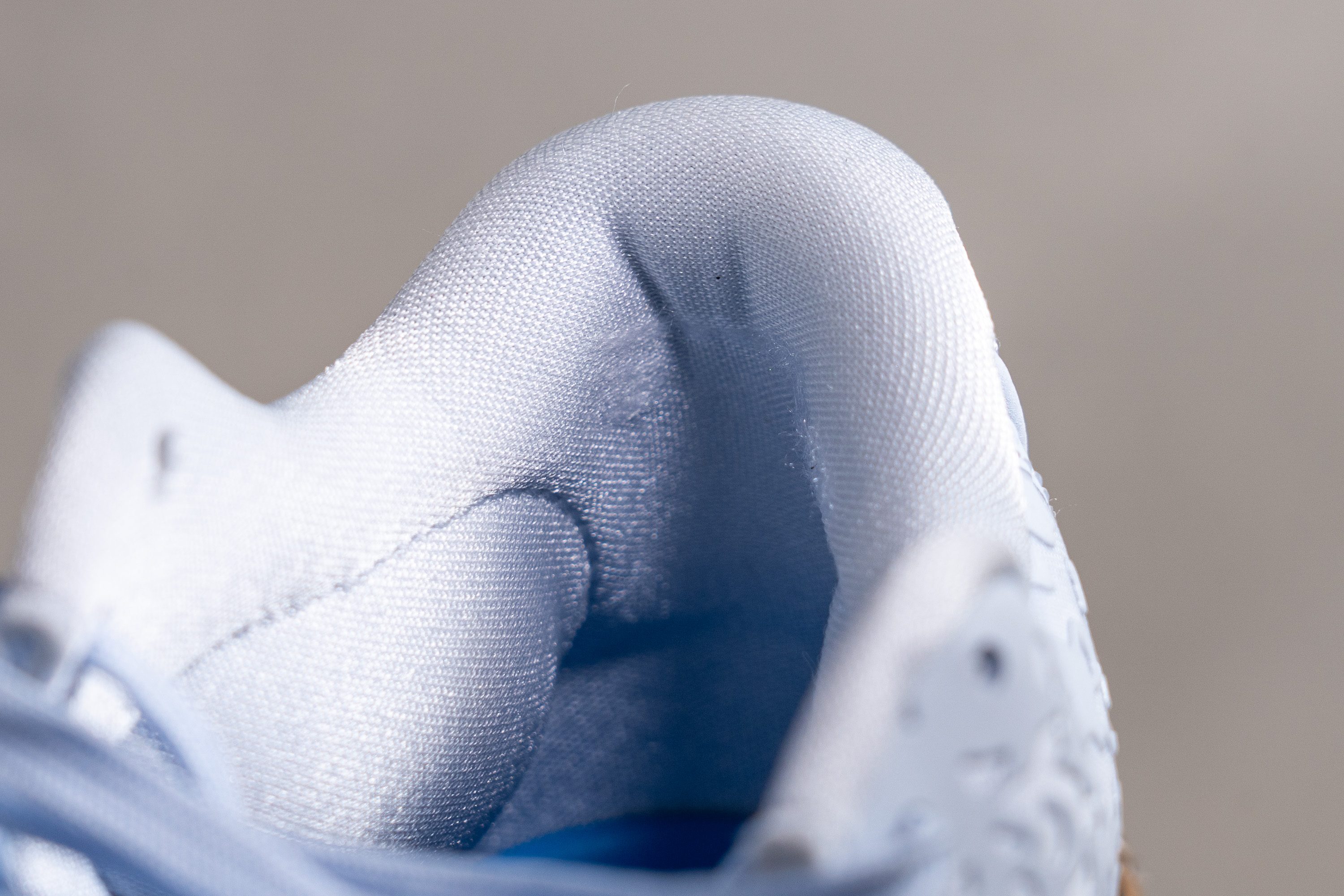
We could barely see the damages! After careful consideration, we've decided to give the Zion 3 a perfect 5/5 on our heel padding durability test.
In case you want to see what the total opposite looks like, the Reebok Answer DMX got obliterated by our Dremel, and it earned a sad 1/5 on this same test. Just look!
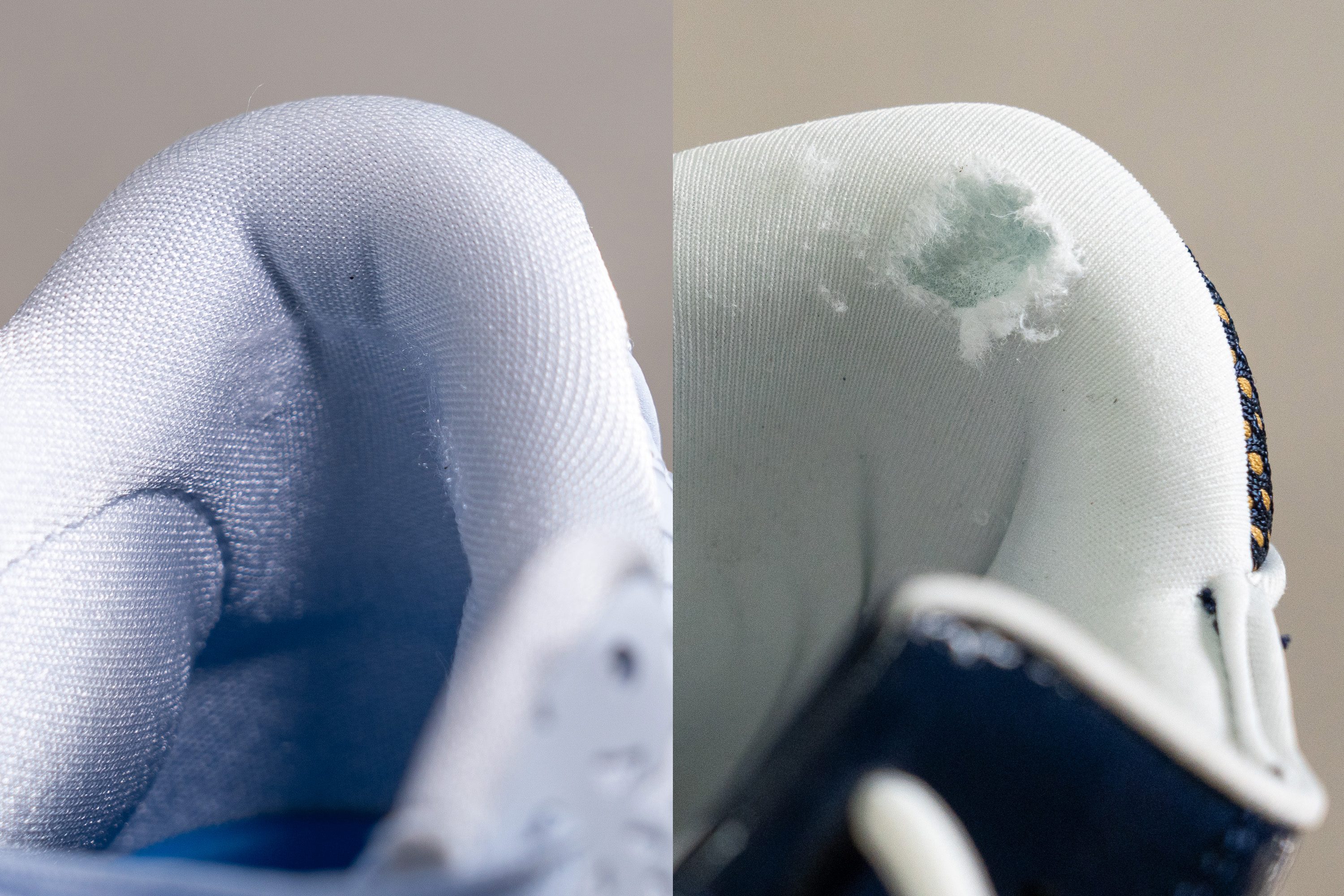
| Zion 3 | 5 |
| Average | 3.7 |
Outsole hardness
To measure every shoe's outsole hardness, we use our durometer. Carefully sticking this small device into the rubber, it returned 77.1 HC, which is a result lower than average.
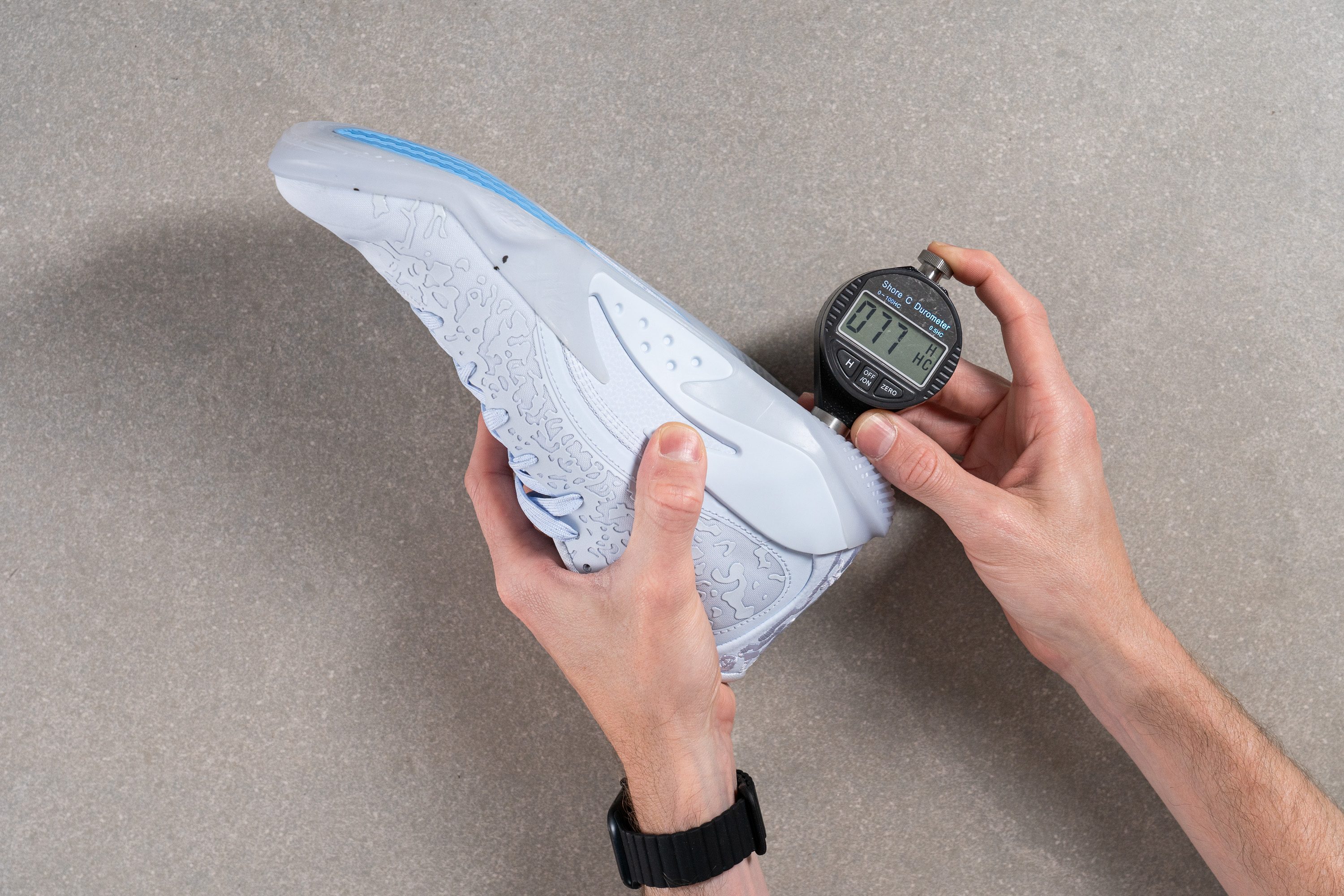
A low durometer reading usually indicates the hooper focuses on traction, and a higher number means it'll be more durable. In this case, we believe it translates into a healthy mix of grip and durability.
But hey, no spoilers! We'll tell you about the results of our wear tests later on, stay tuned!
| Zion 3 | 77.1 HC |
| Average | 81.5 HC |
Outsole durability
Among all the tests that we made the Zion 3 go through, this one might just be the most impressive.
After the 20-second drill session at 10K RPM and with 3.2N of force, we put the tool aside to see the damage it had caused. And wow! It's not like we had some bad expectations, but honestly, such a good result is very uncommon!
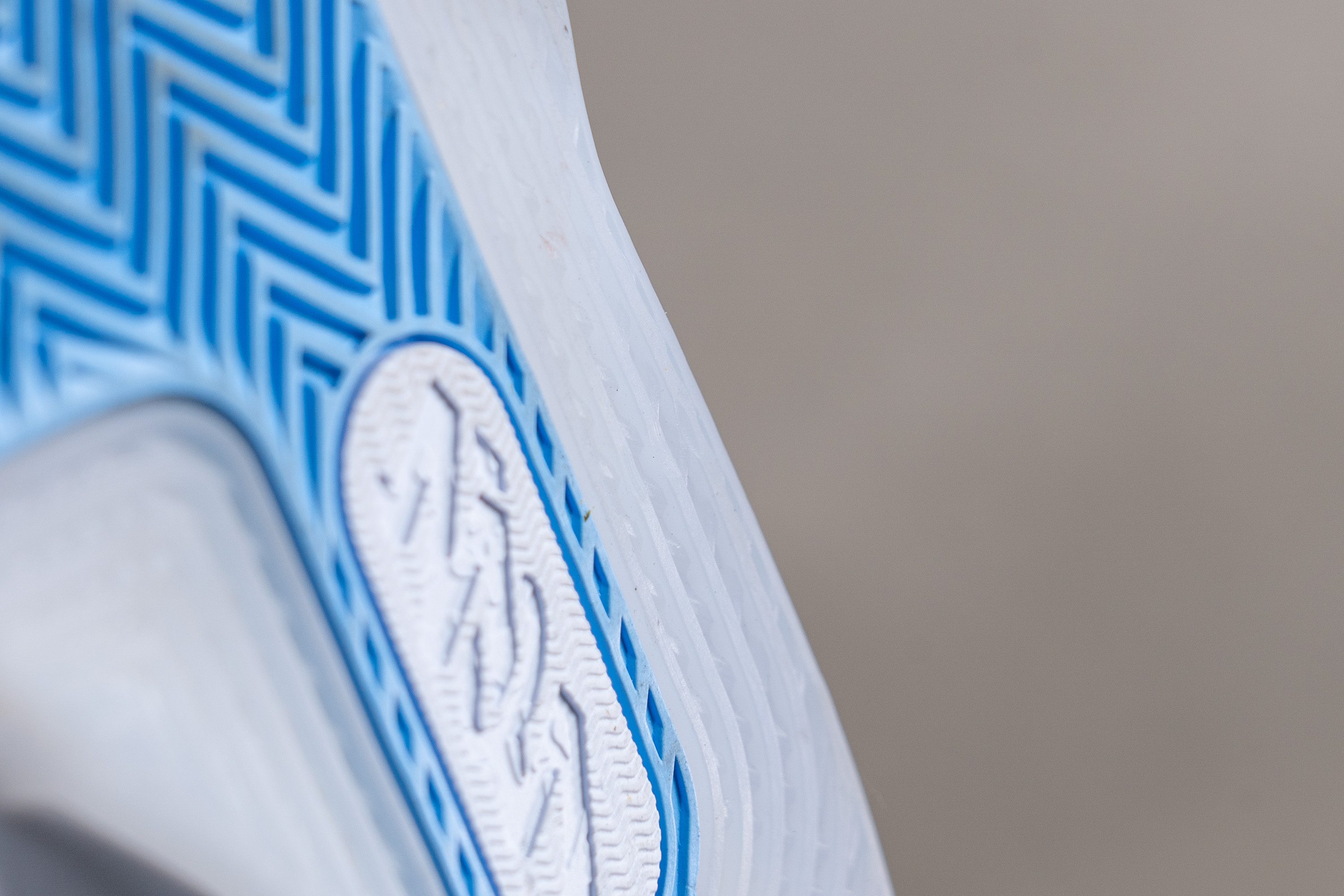
Can you even spot the dent? When we measured it with our tread gauge, it returned a minimal 0.4 mm. In terms of playability, this means the outsole is ready to last and withstand the abrasion of harsh courts!
| Zion 3 | 0.4 mm |
| Average | 1.0 mm |
Outsole thickness
After seeing the incredible durability of the outsole, we understood why the brand decided to go for a thinner piece of rubber.
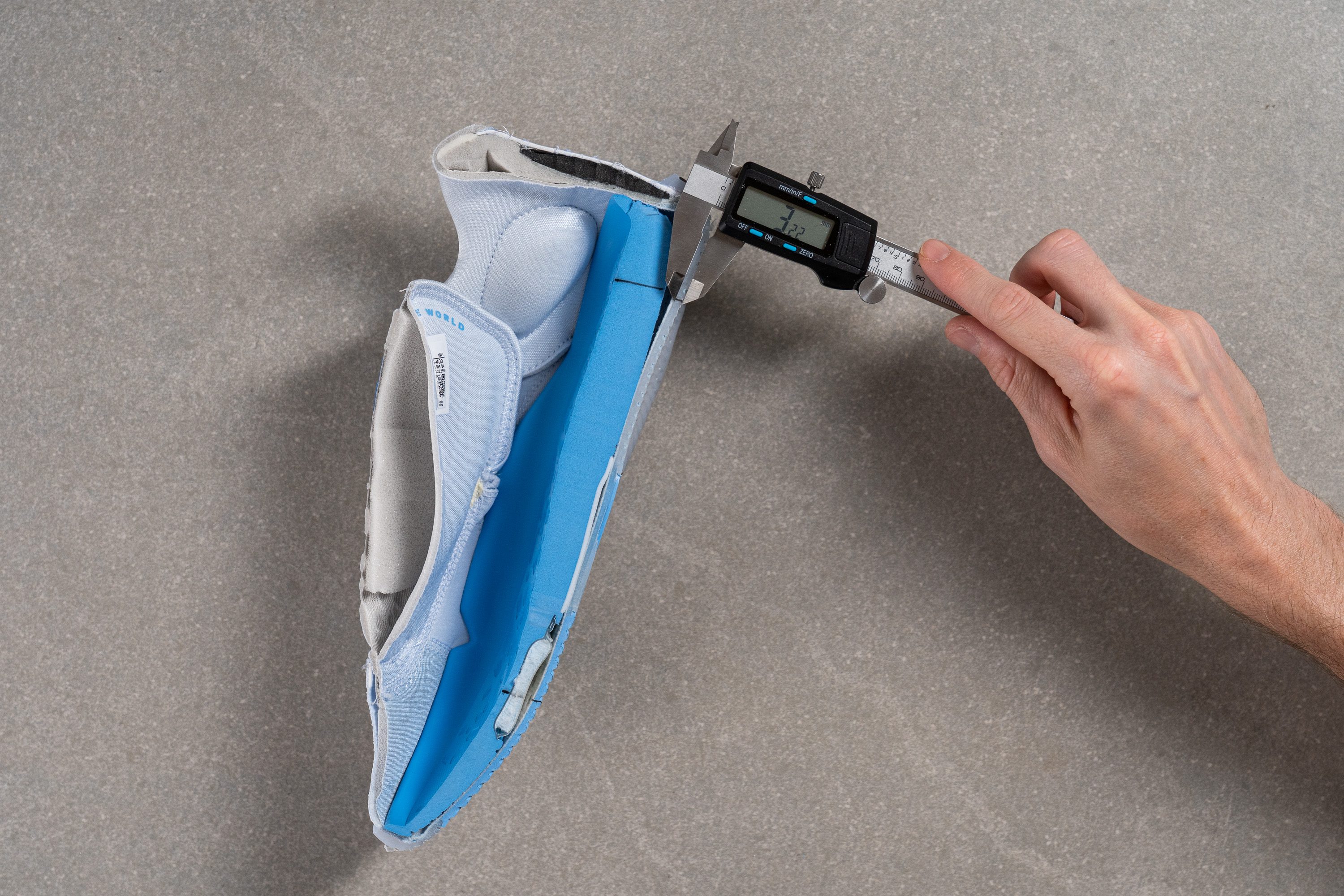
Our calliper returned 3.2 mm, which is lower than average. But, after using such a durable rubber compound, why would Jordan go for a thicker outsole? This would just increase the overall weight of the shoe, as the material is already hard enough to resist the abrasion.
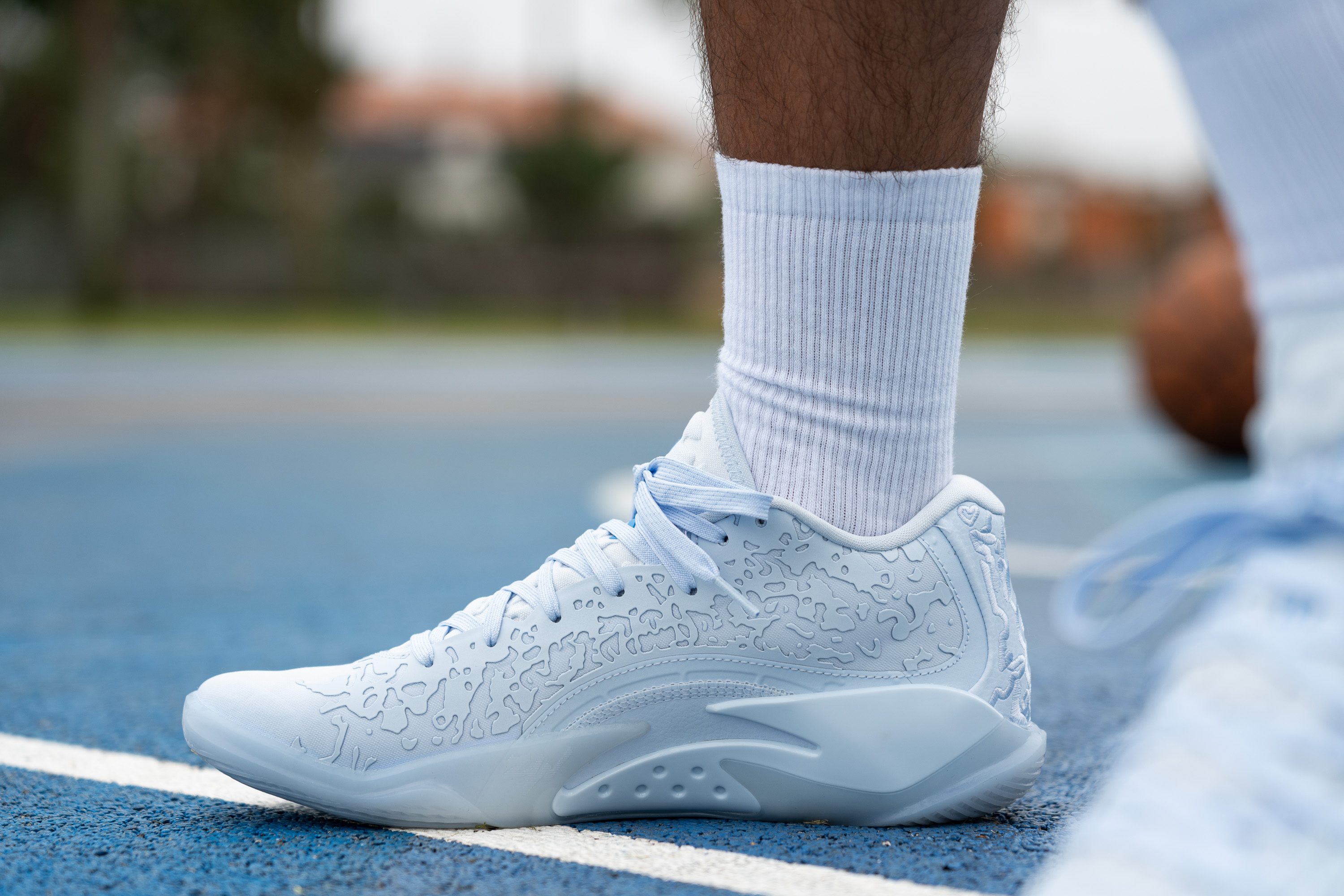
| Zion 3 | 3.2 mm |
| Average | 4.0 mm |
Misc
Insole thickness
As the blue piece we were talking about is the only thing that separated our feet from the outsole, we believe it acts as both the midsole and the insole of this shoe, as it's actually removable.
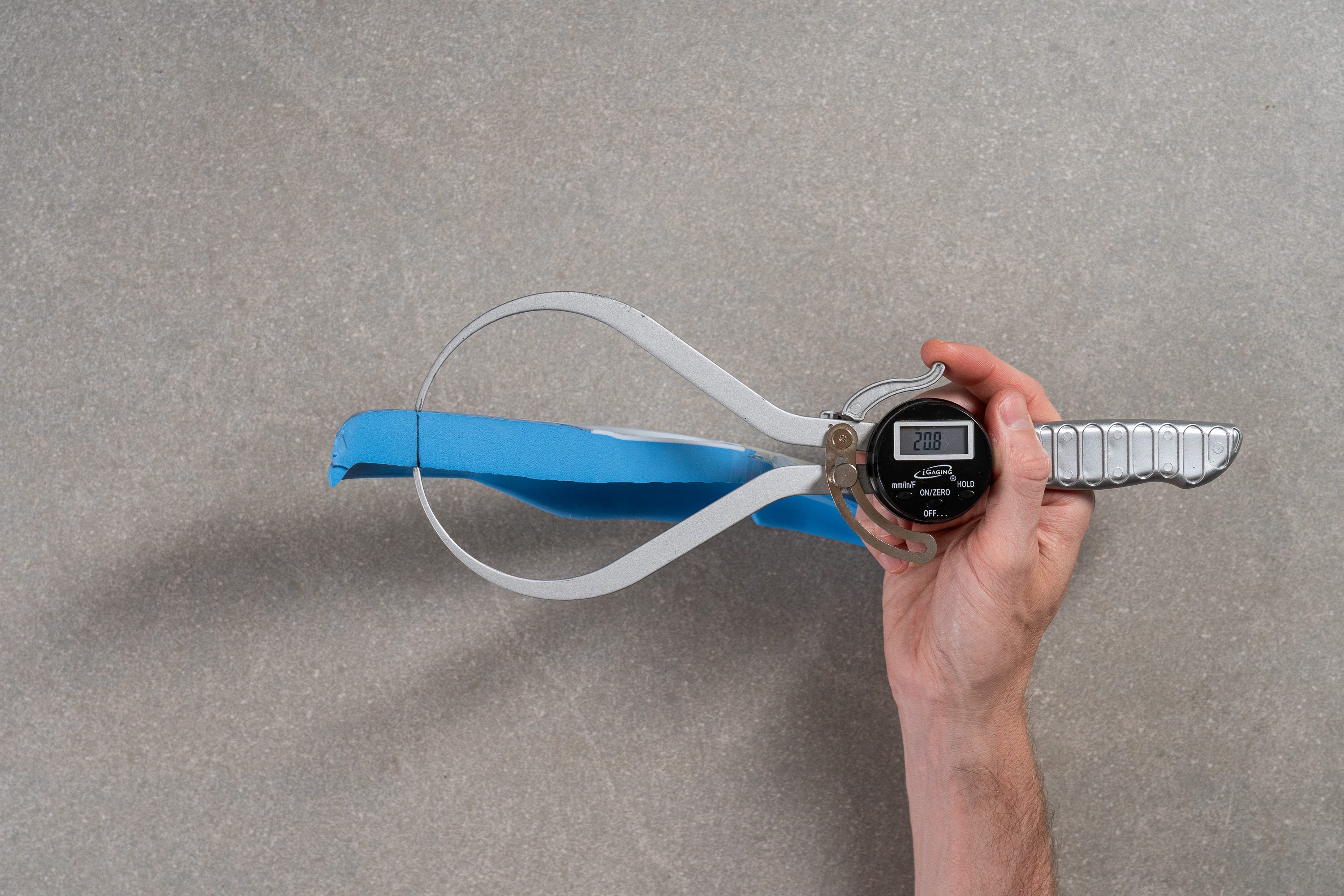
At 20.8 mm, it's obviously way bigger than average. The brand definitely went for the right choice here, as we needed a soft and supportive layer between our feet and the outsole! If just one piece is going to act as a midsole and an insole, it better be thick!
| Zion 3 | 20.8 mm |
| Average | 4.9 mm |
Removable insole
The midsole/insole of this Jordan pair is removable!
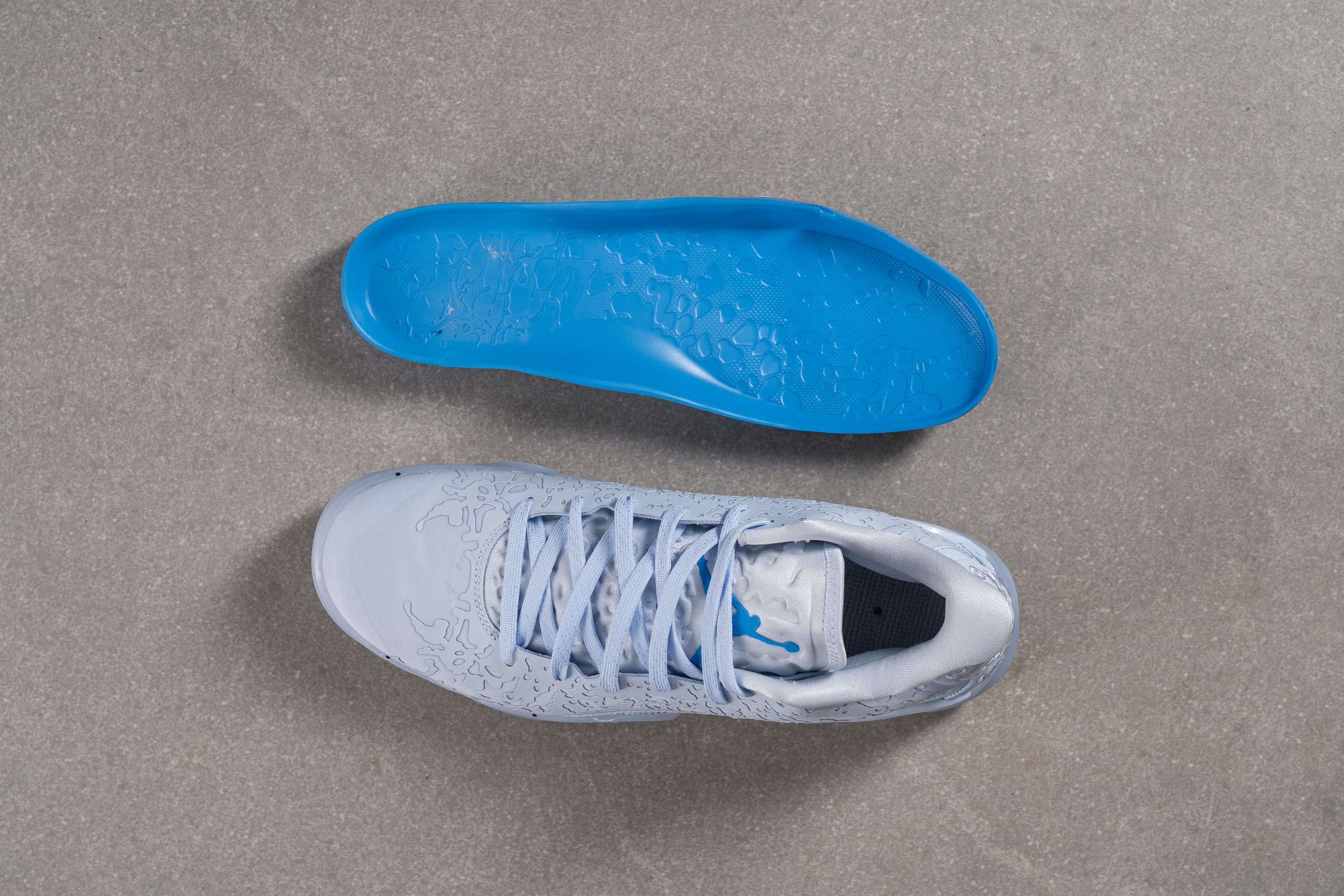
Nevertheless, it's such a special feature, that we would definitely not take it out! As we've mentioned, it acts as a midsole and an insole, and it also features a Zoom Air unit and a shank.
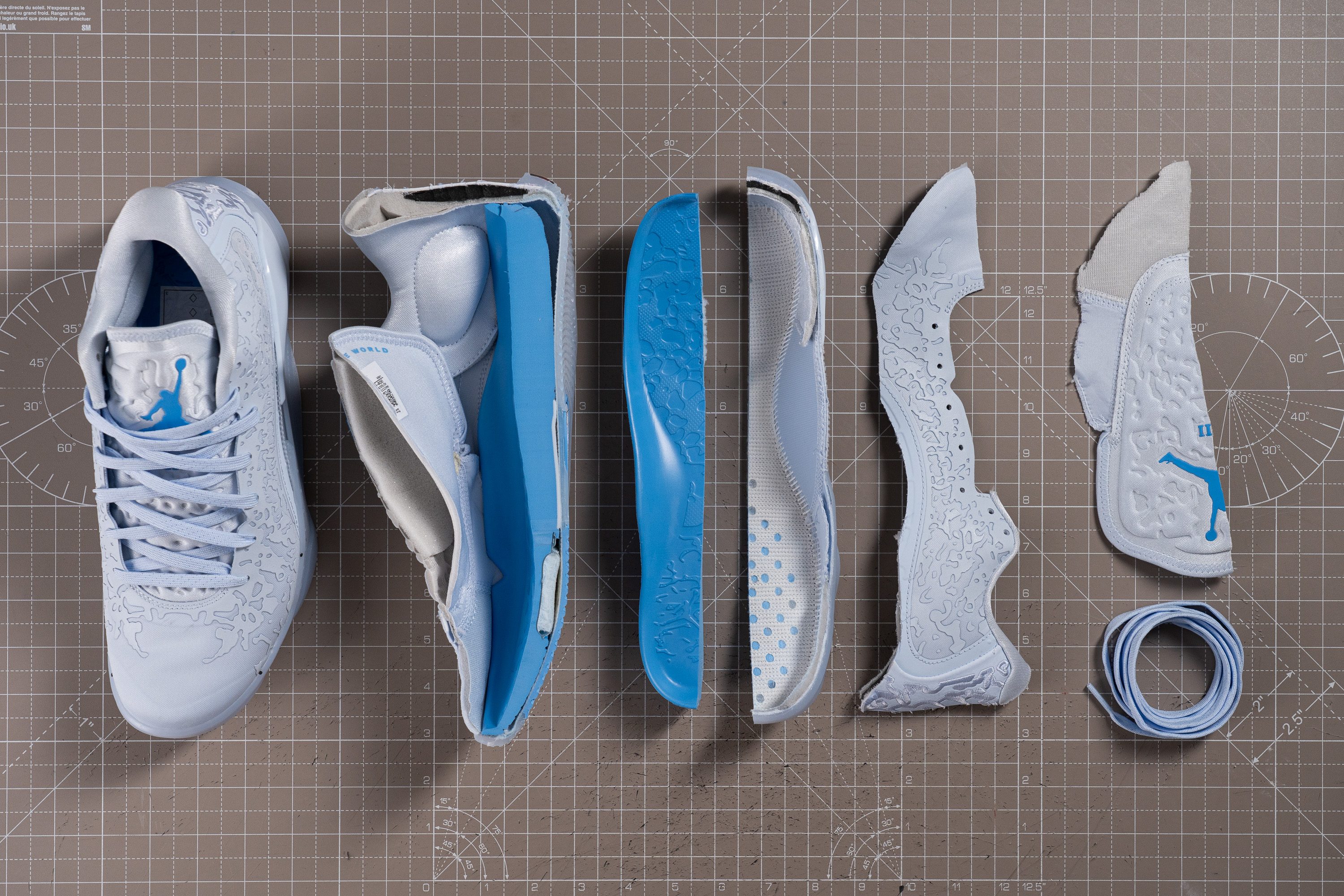
Finding a suitable orthotic to substitute this piece might be more than challenging!
| Zion 3 | Yes |
Reflective elements
There are no reflective elements in the Zion 3. That might be the only feature that these signature siblings share!
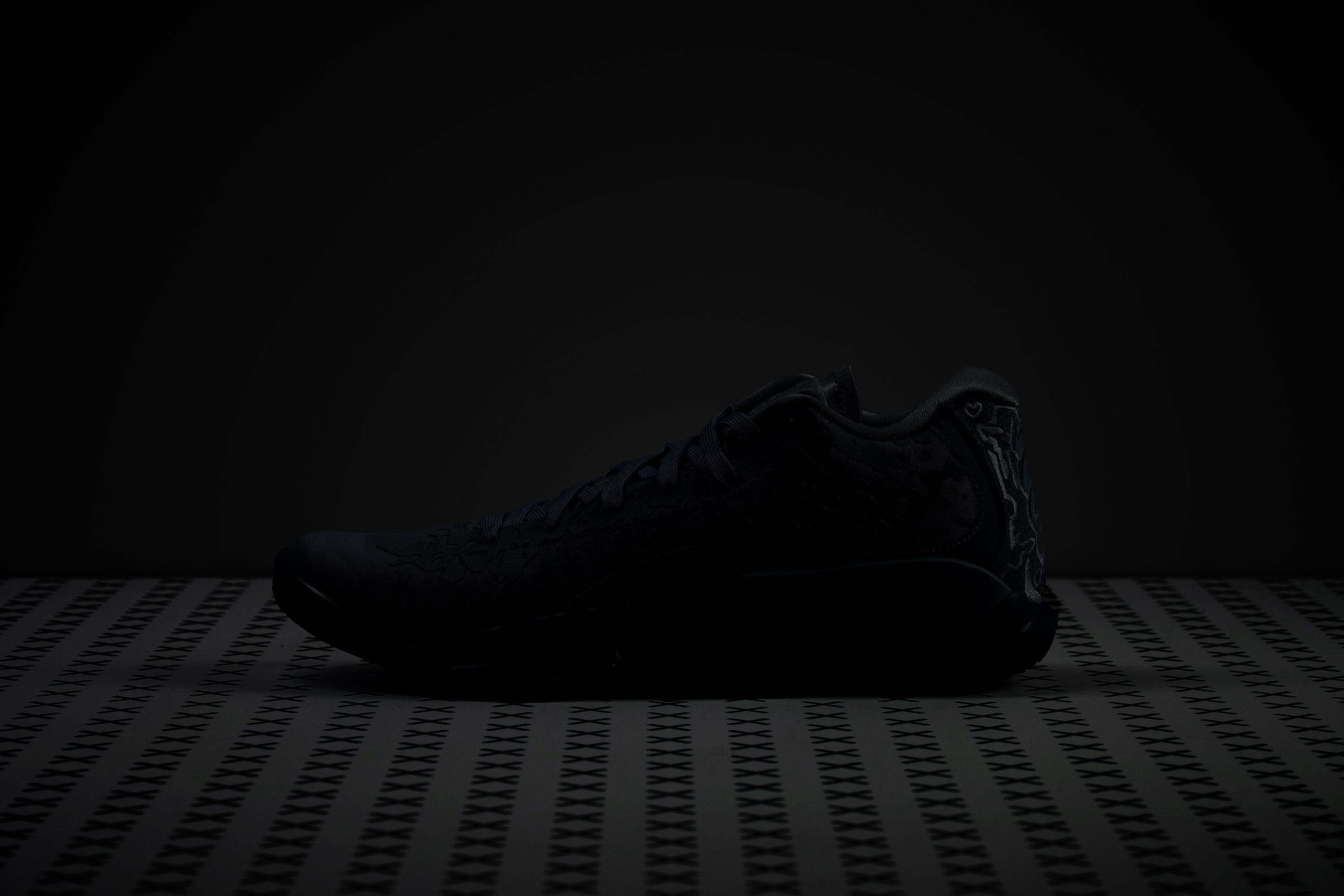
| Zion 3 | No |
Tongue padding
The tongue followed the same logic, as its design was most likely focused on saving some weight.
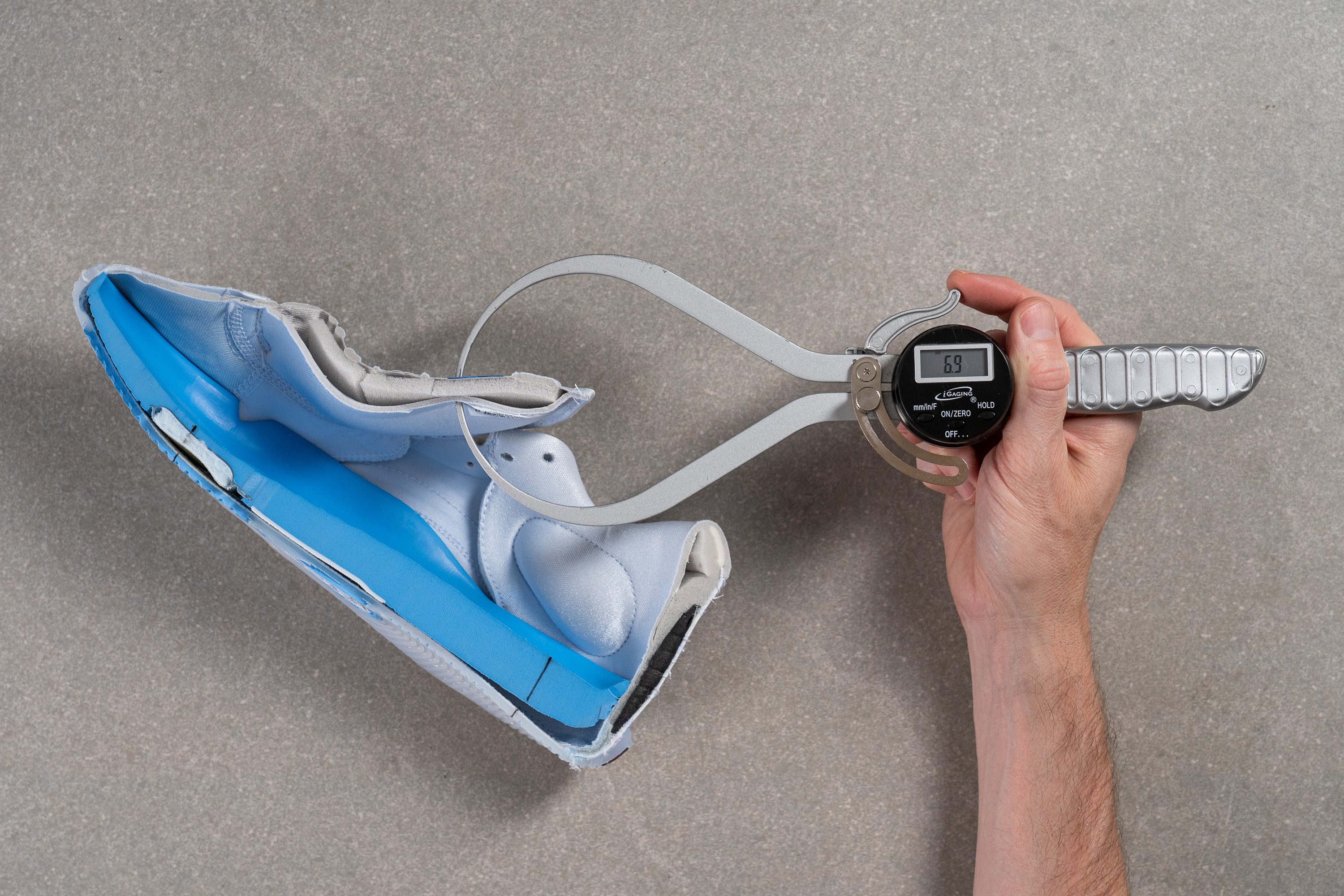
At 6.9 mm, we felt its padding protected us from any kind of lace bite or hot spots whenever we played, and our instep was also very comfortable. What else could we ask for?
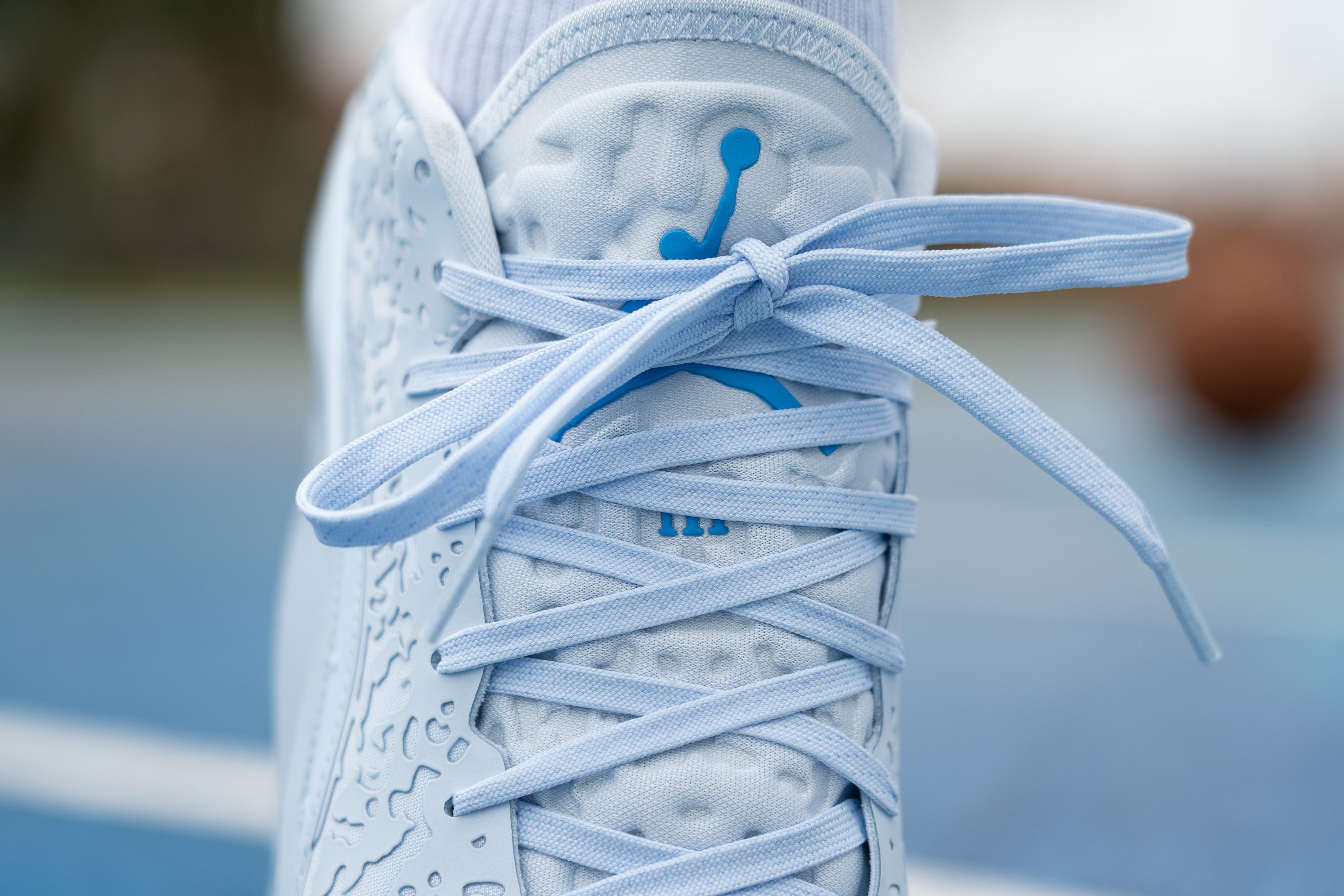
We also found the design of the tongue really cool, as it features the Jumpman logo at the front, with the number 3 of this iteration.
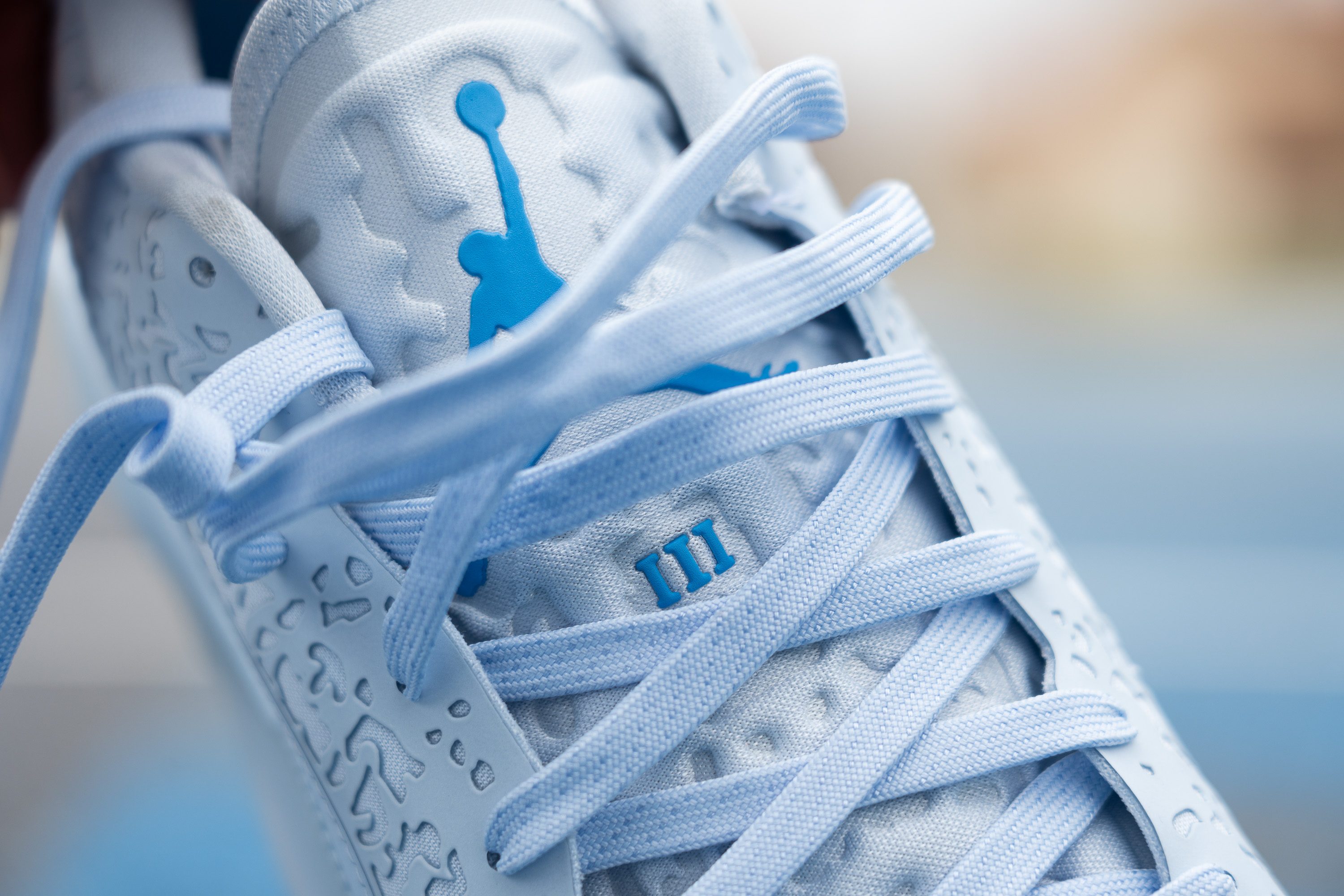
And on the inside, there's this motivational quote: "Shock the world".
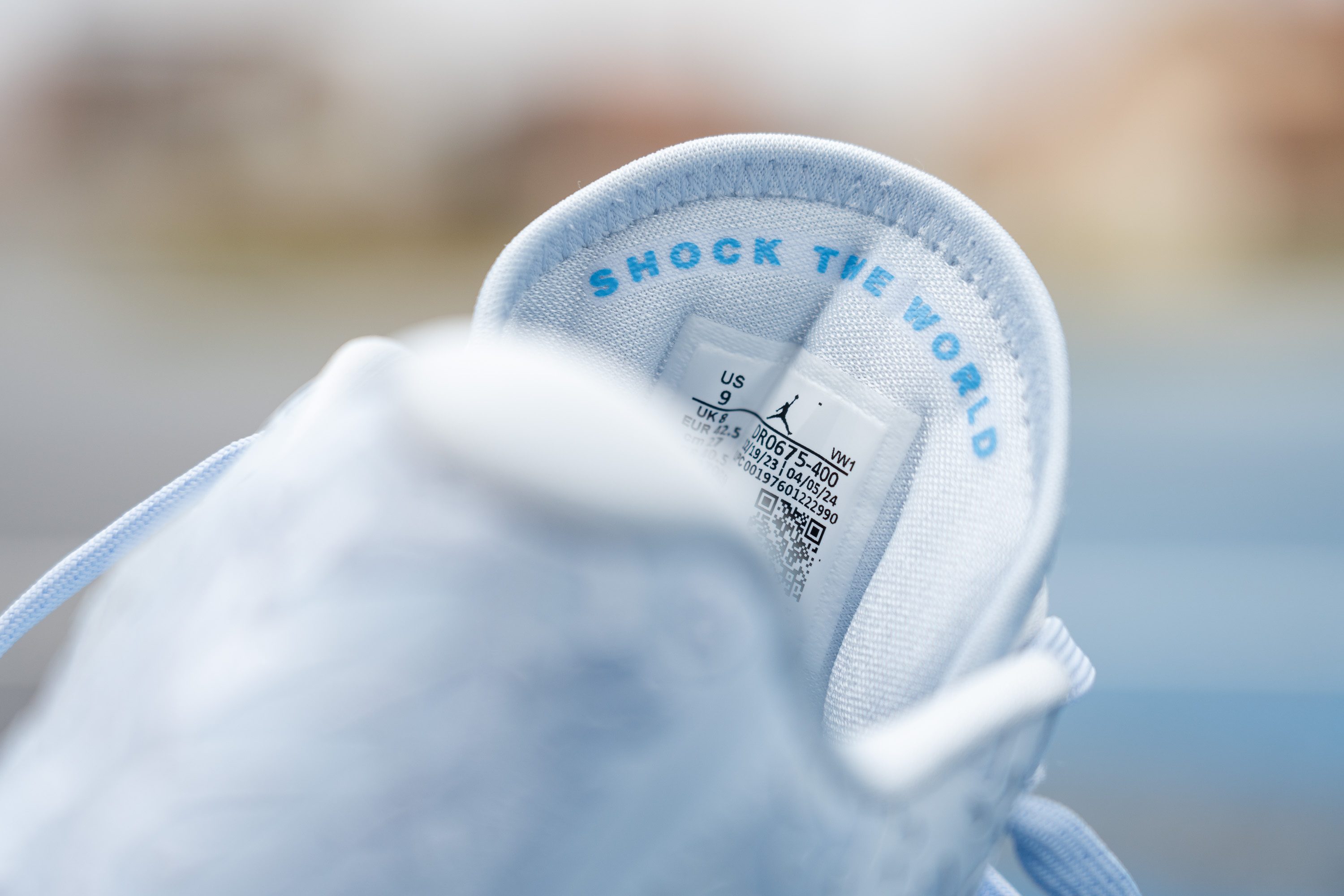
| Zion 3 | 6.9 mm |
| Average | 9.3 mm |
Tongue: gusset type
Despite its price, this shoe features a non-gusseted tongue.
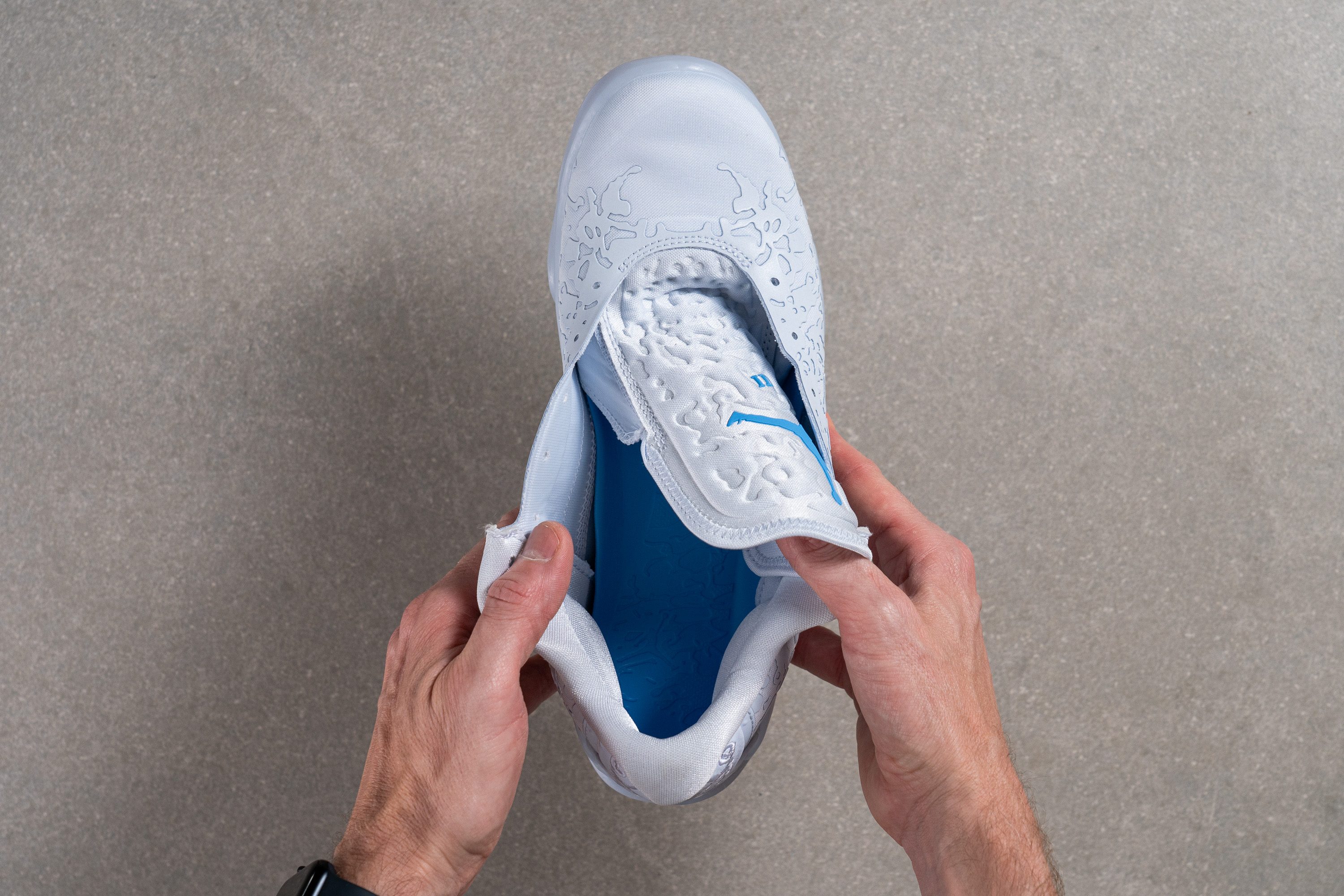
If you've read some other reviews of ours, you might know that we usually complain about this whenever it's not a budget shoe we're talking about. Nevertheless, in the case of the Zion 3, which is a very padded, narrow, tough, and not-so-light shoe, we believe the brand made the right choice here.
| Zion 3 | None |
Heel tab
This shoe doesn't have a heel tab. With its snug fit and tough materials, we think adding one wouldn't be a wrong choice. Still, as the Zion 3 features a non-gusseted tongue, our feet had plenty of space to get in and out.
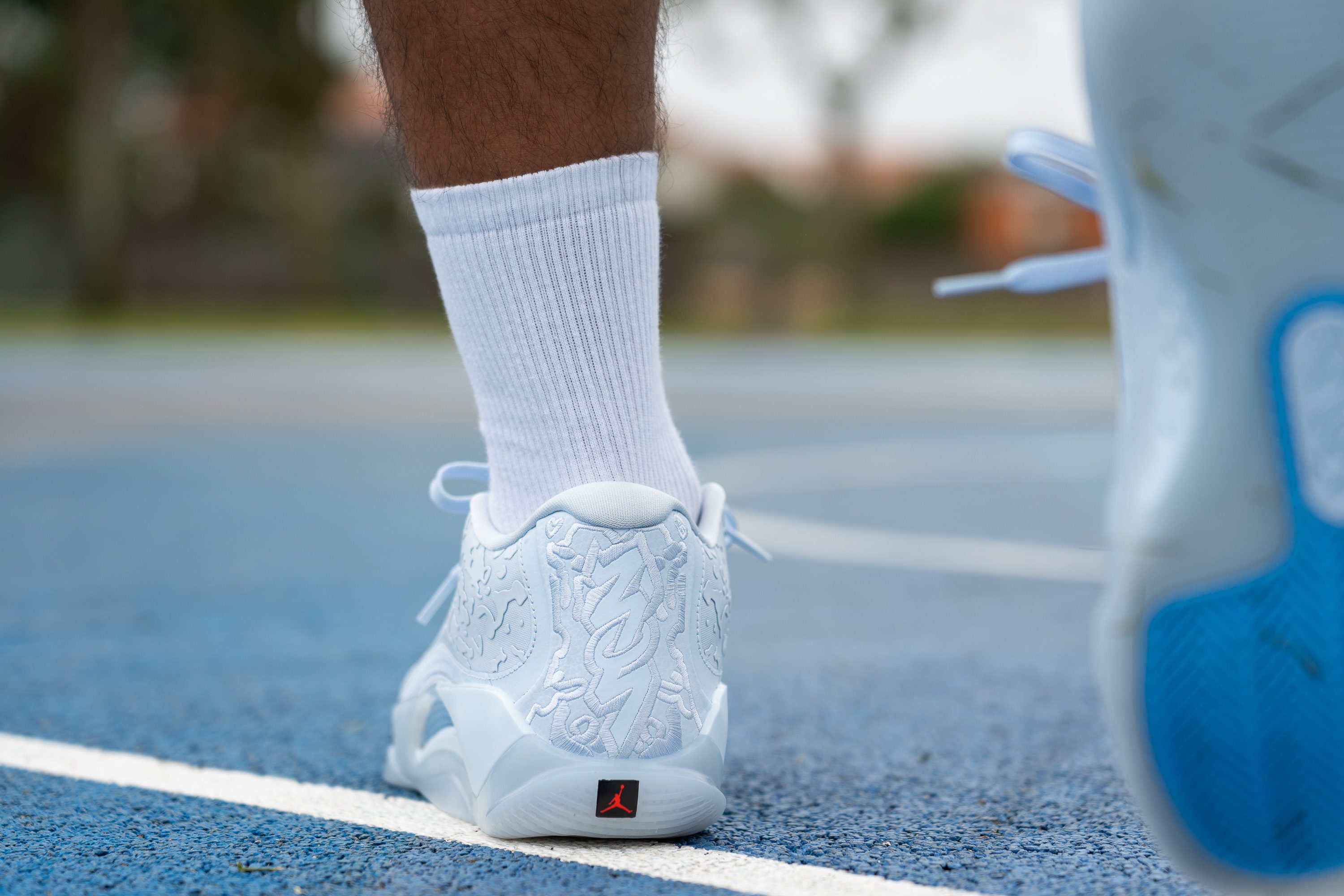
| Zion 3 | None |

